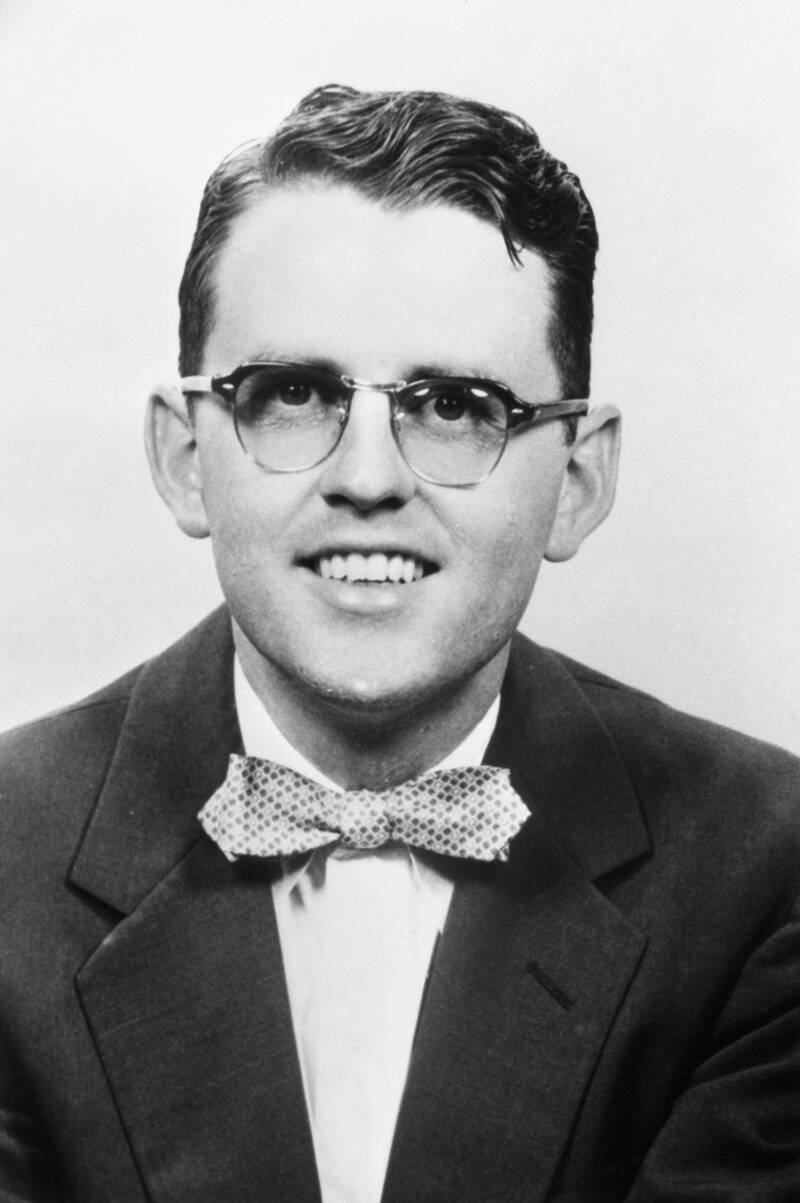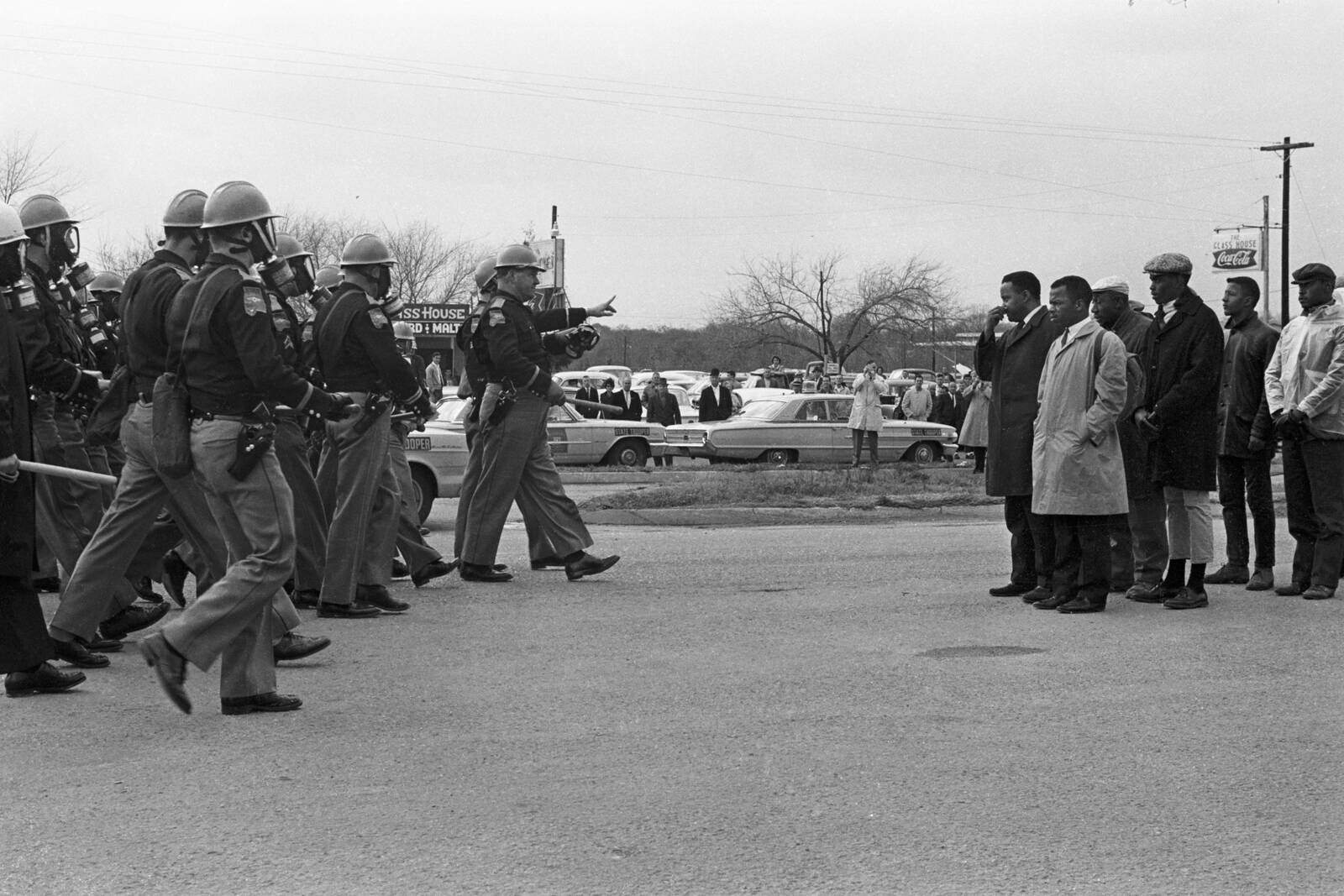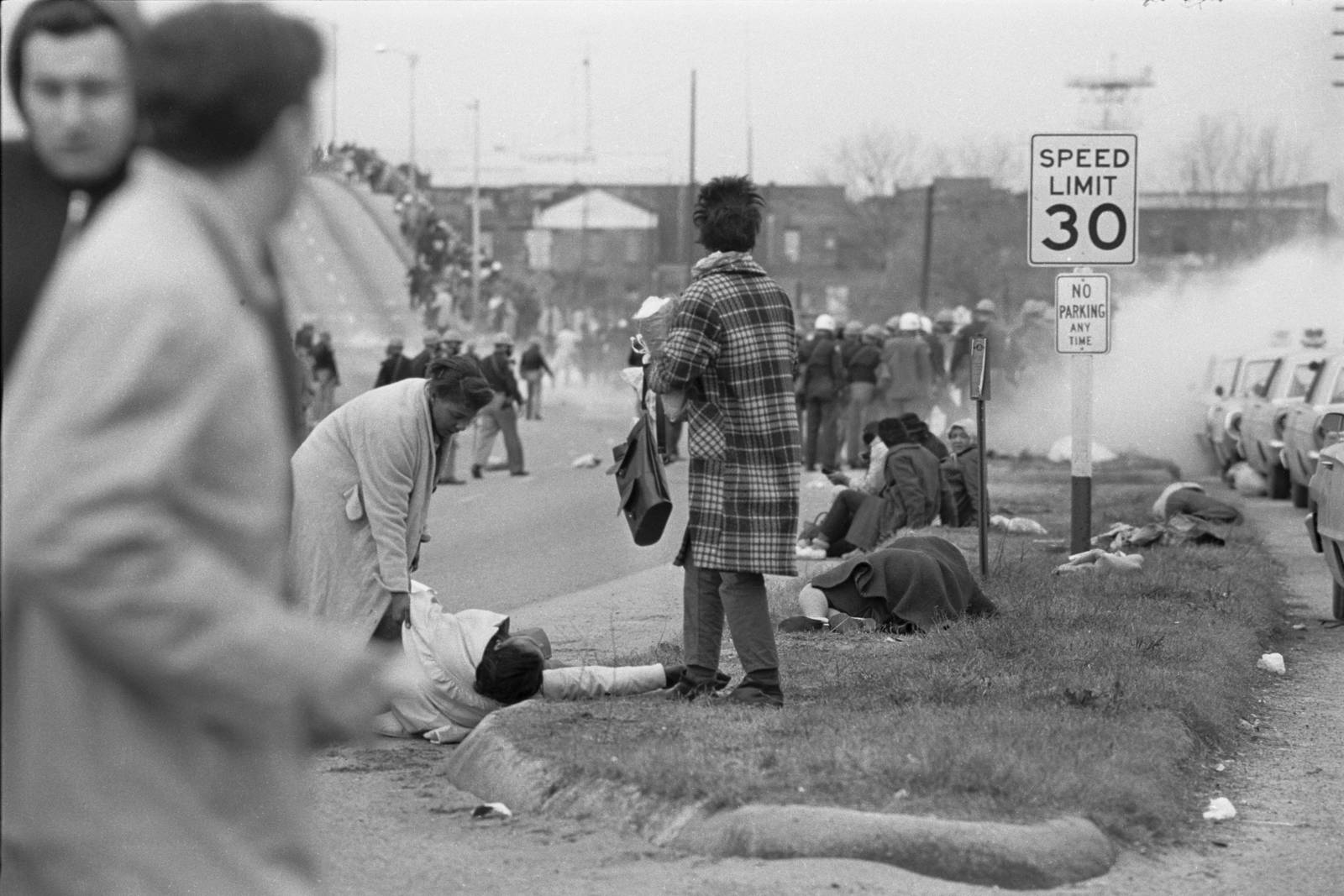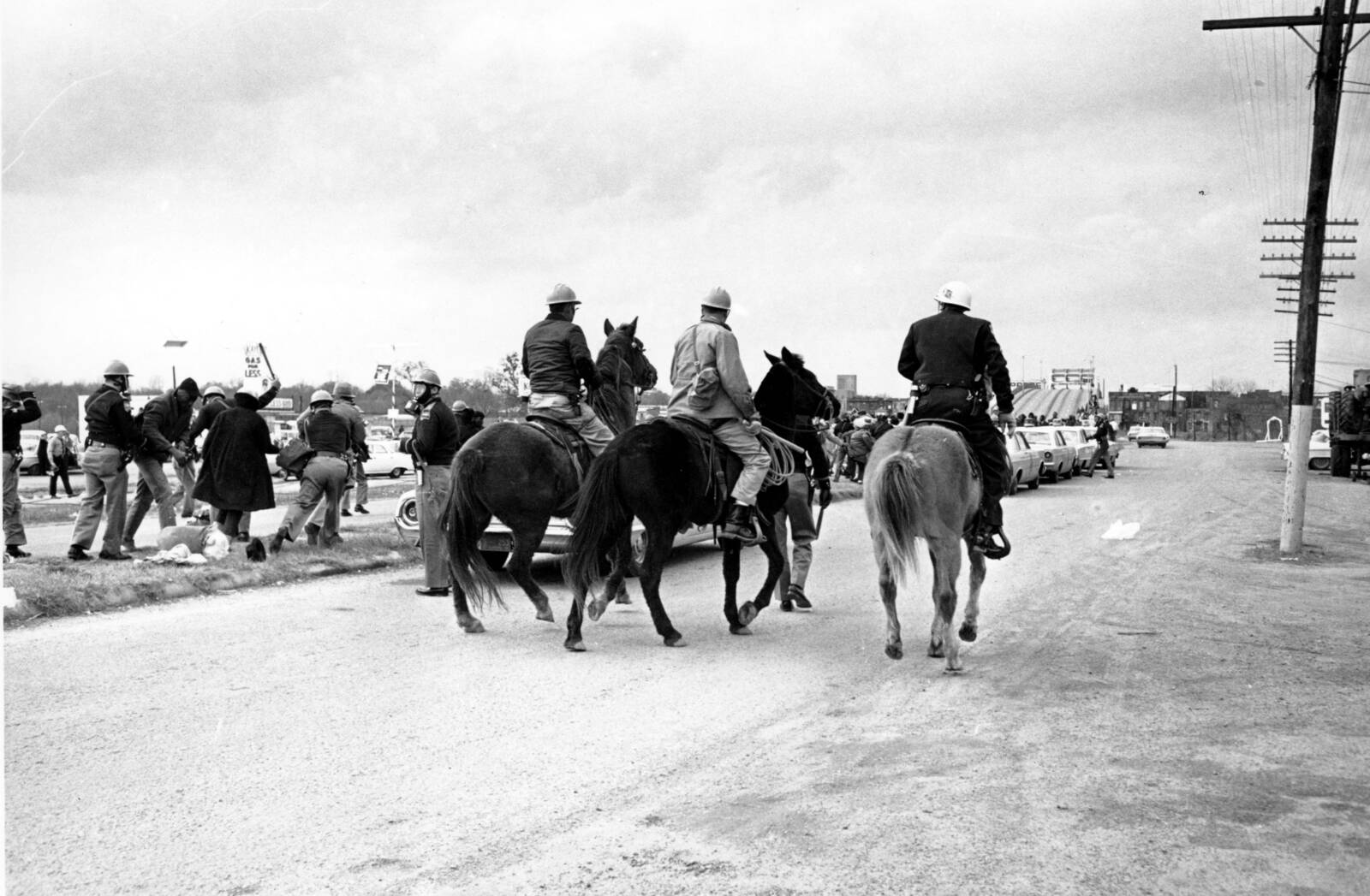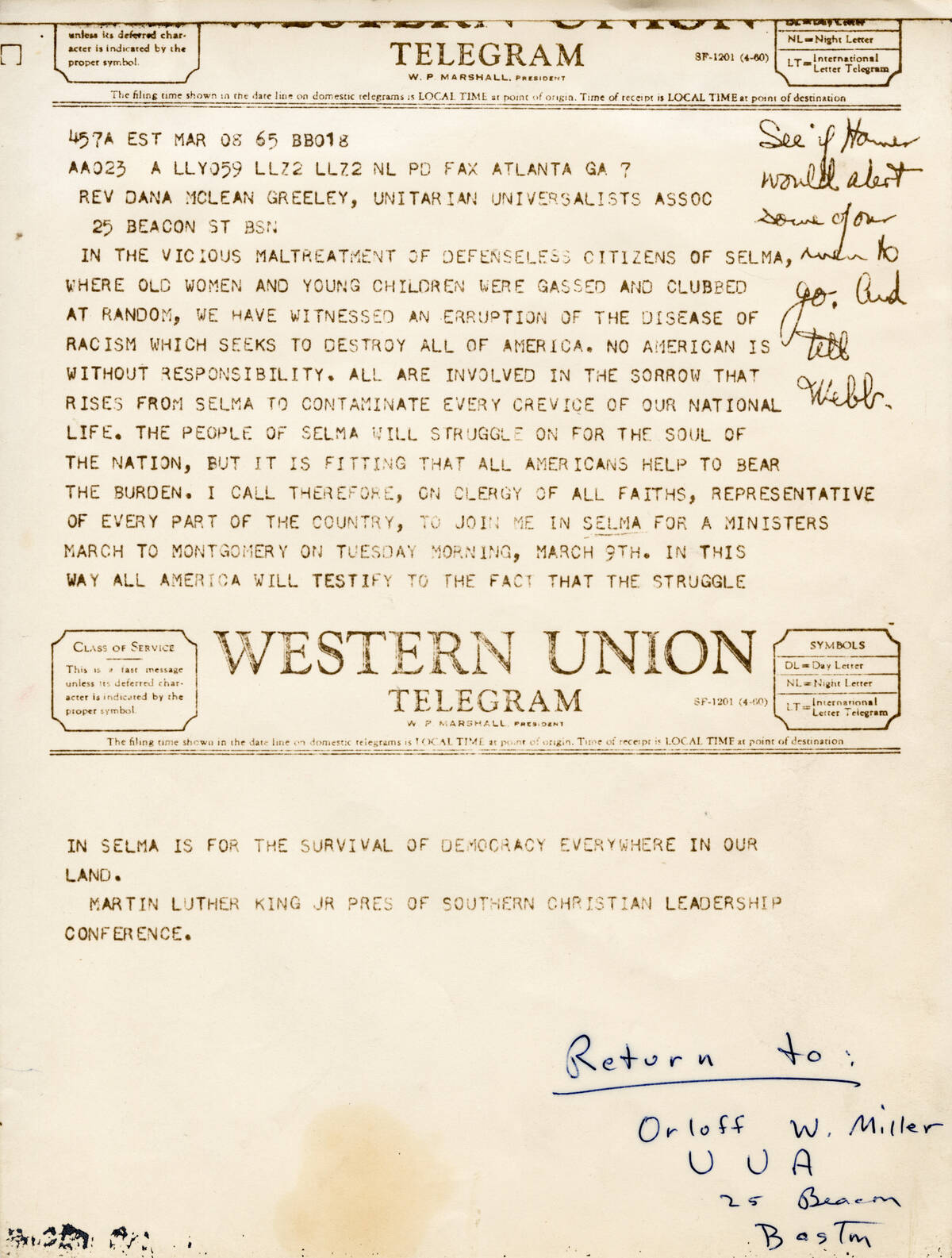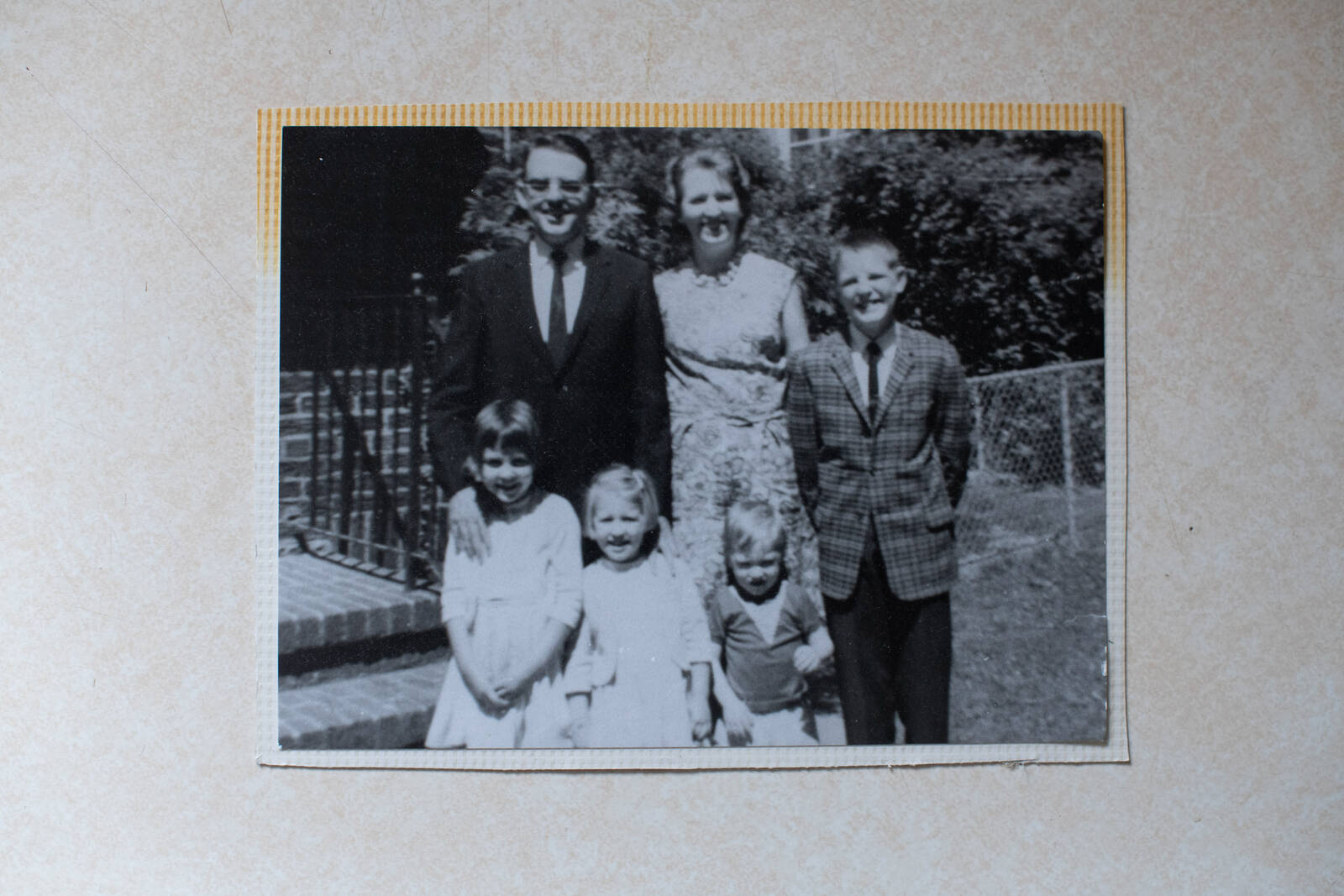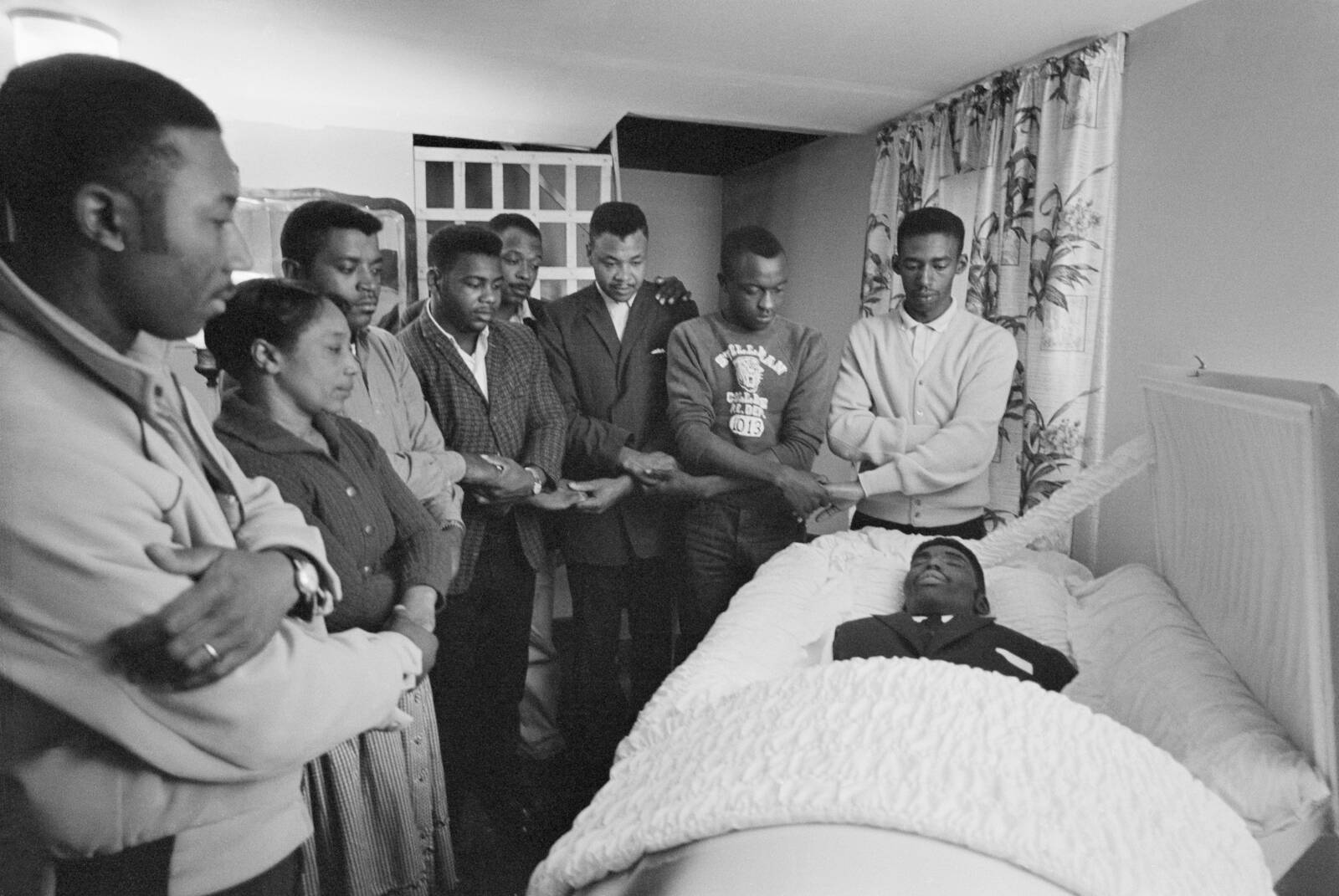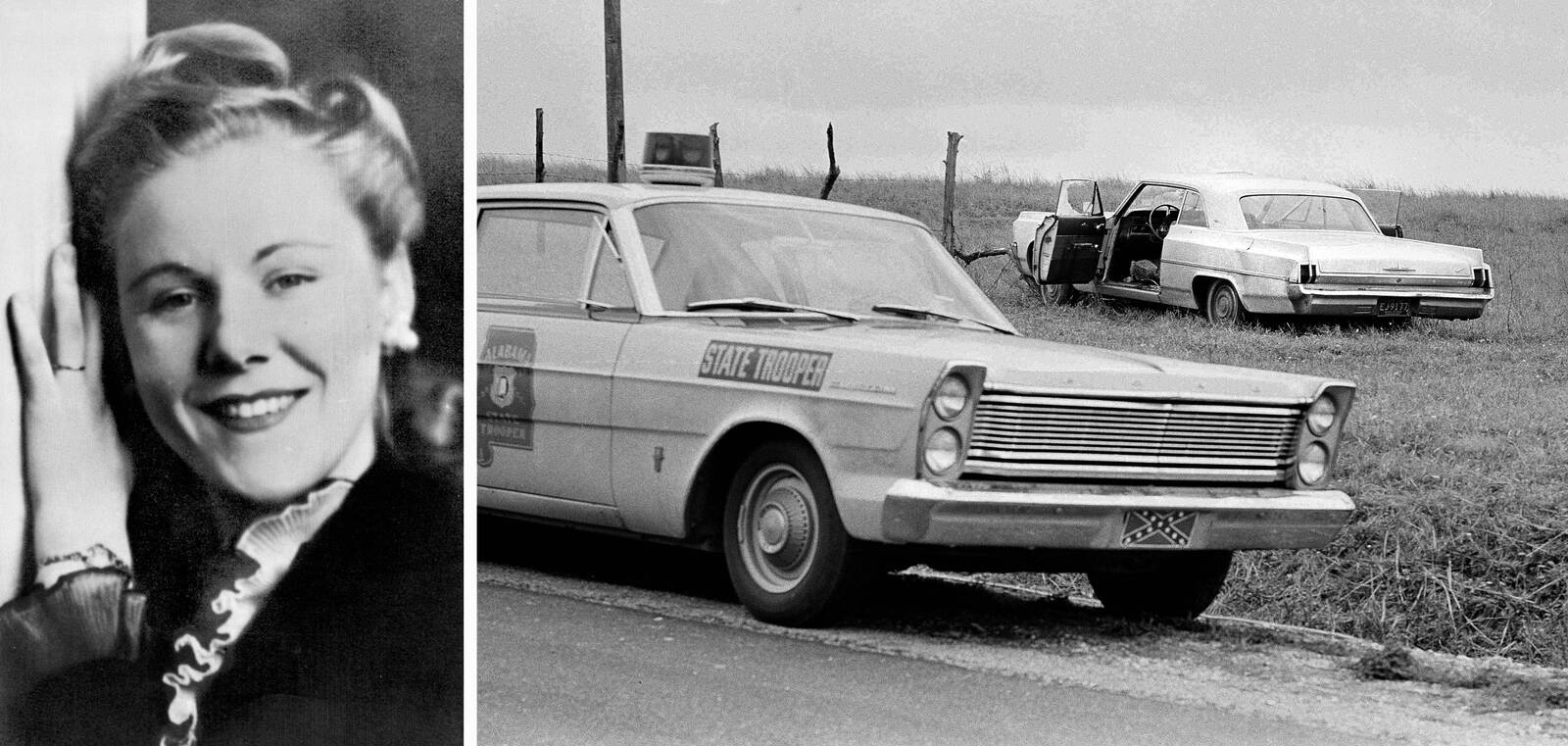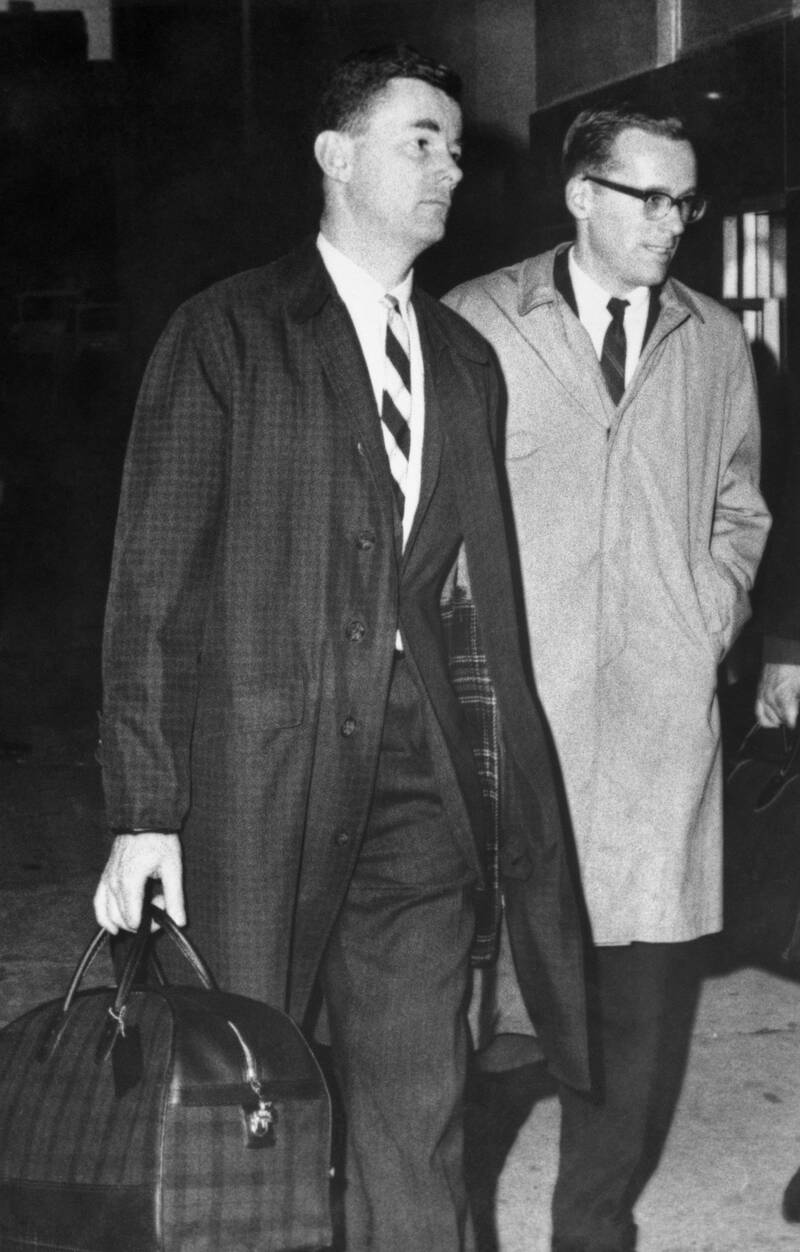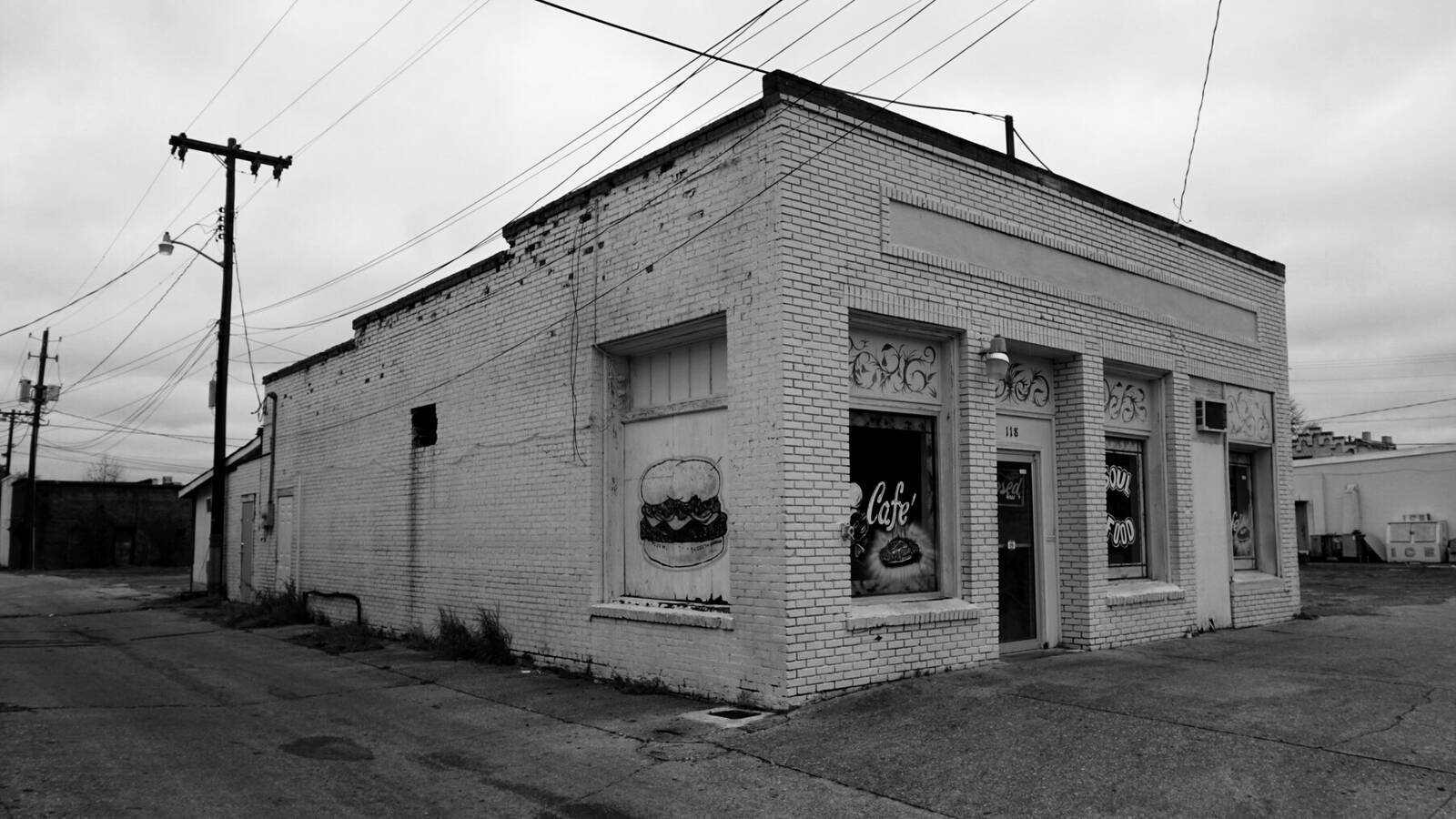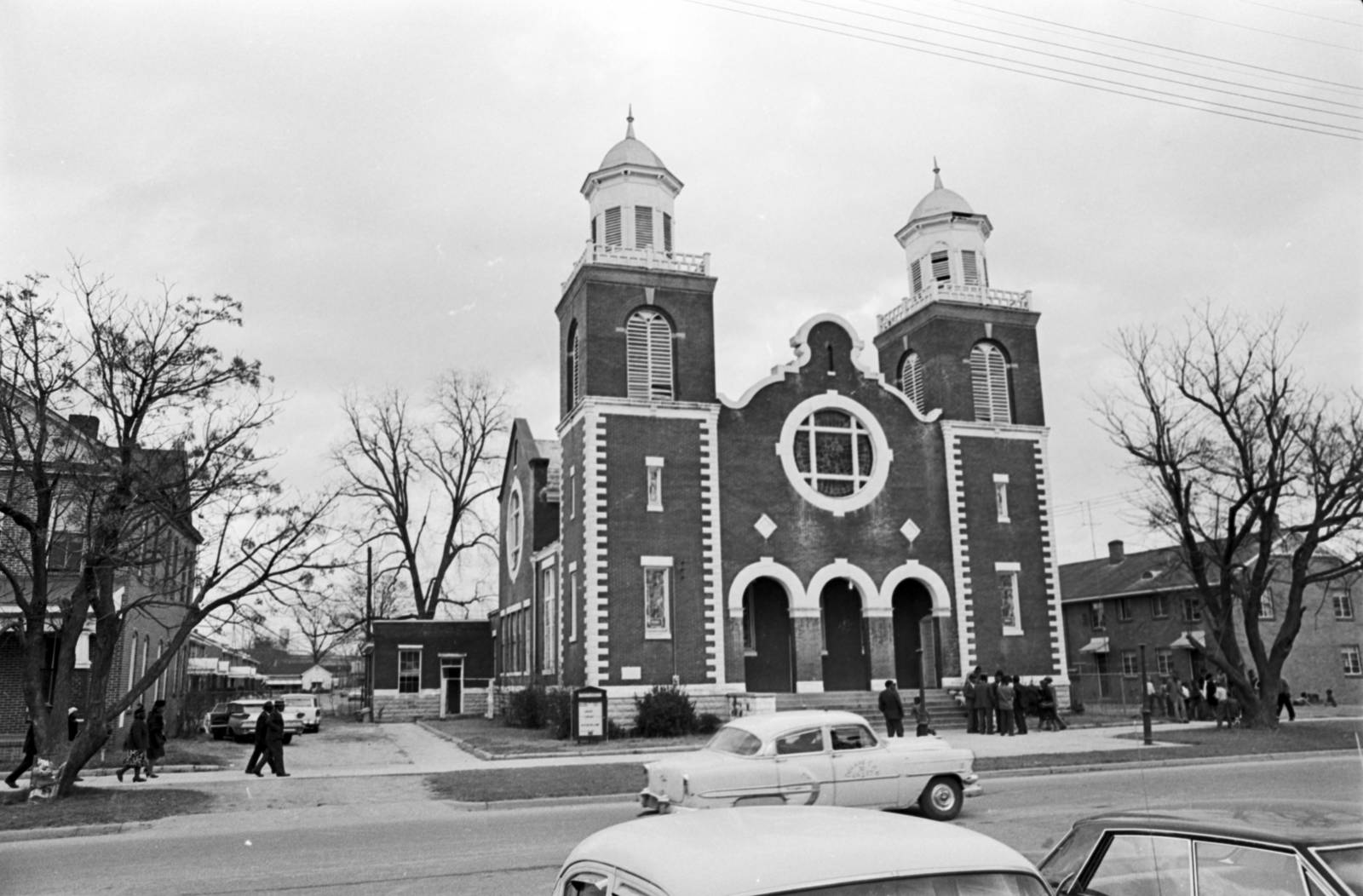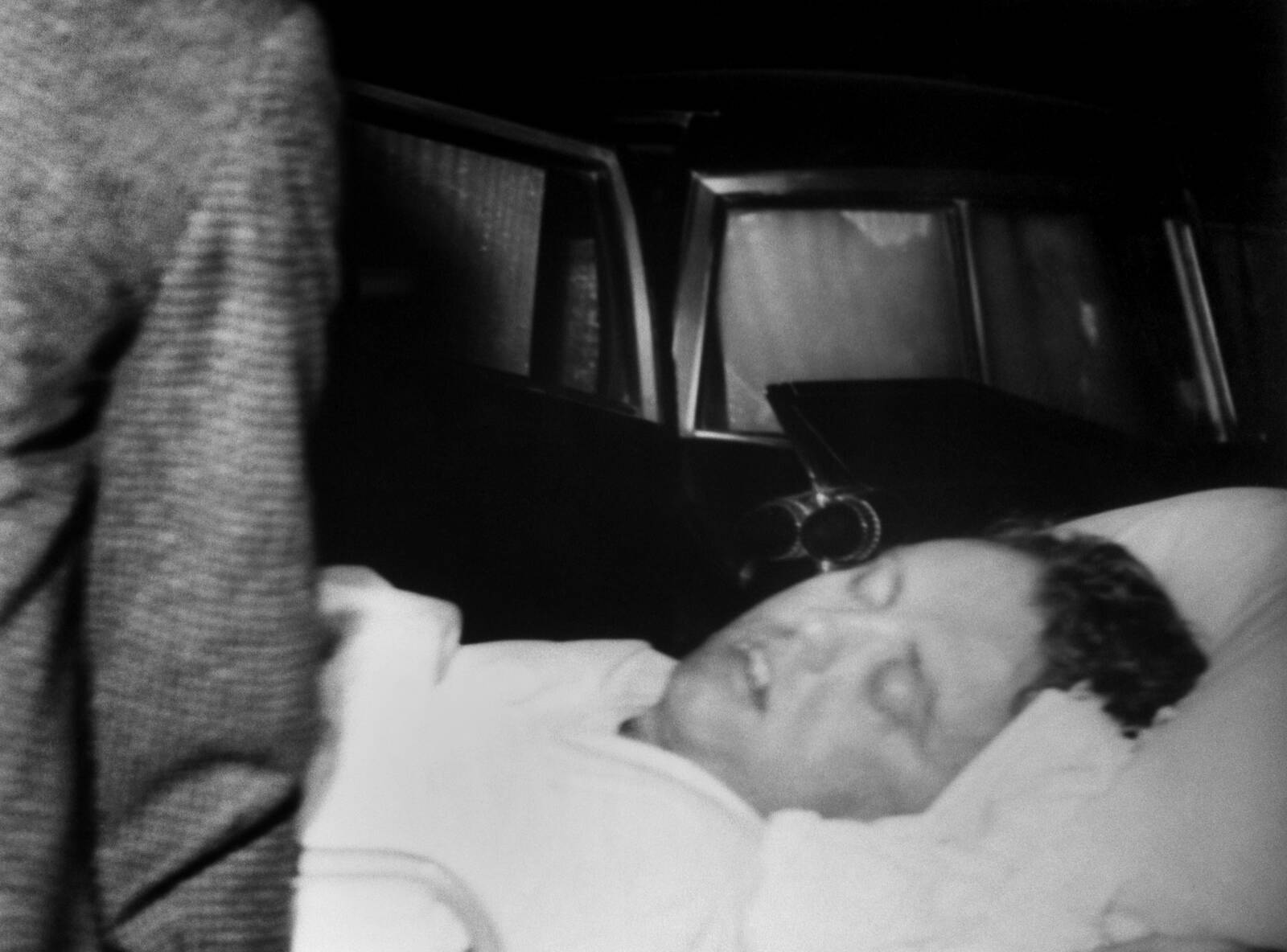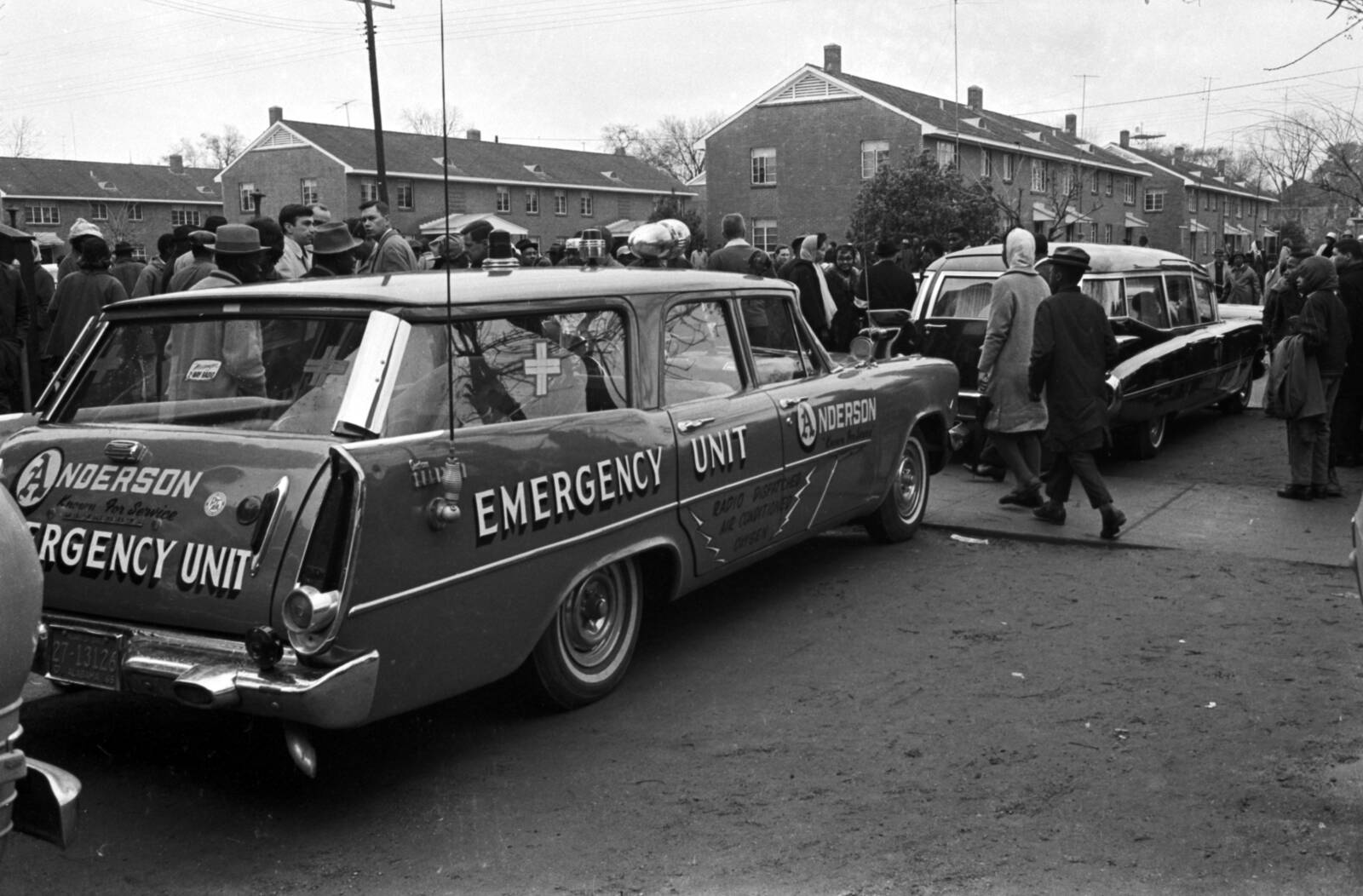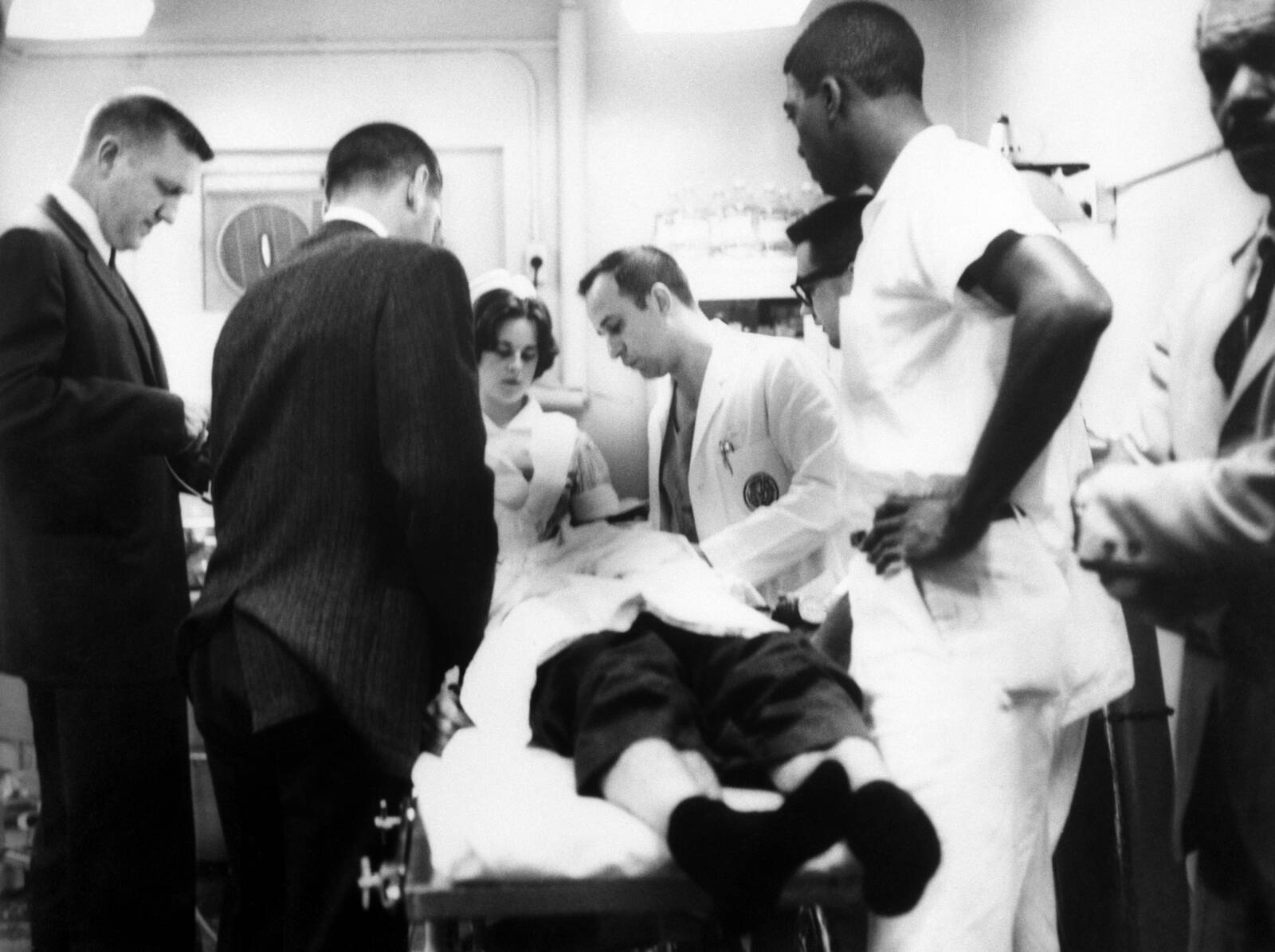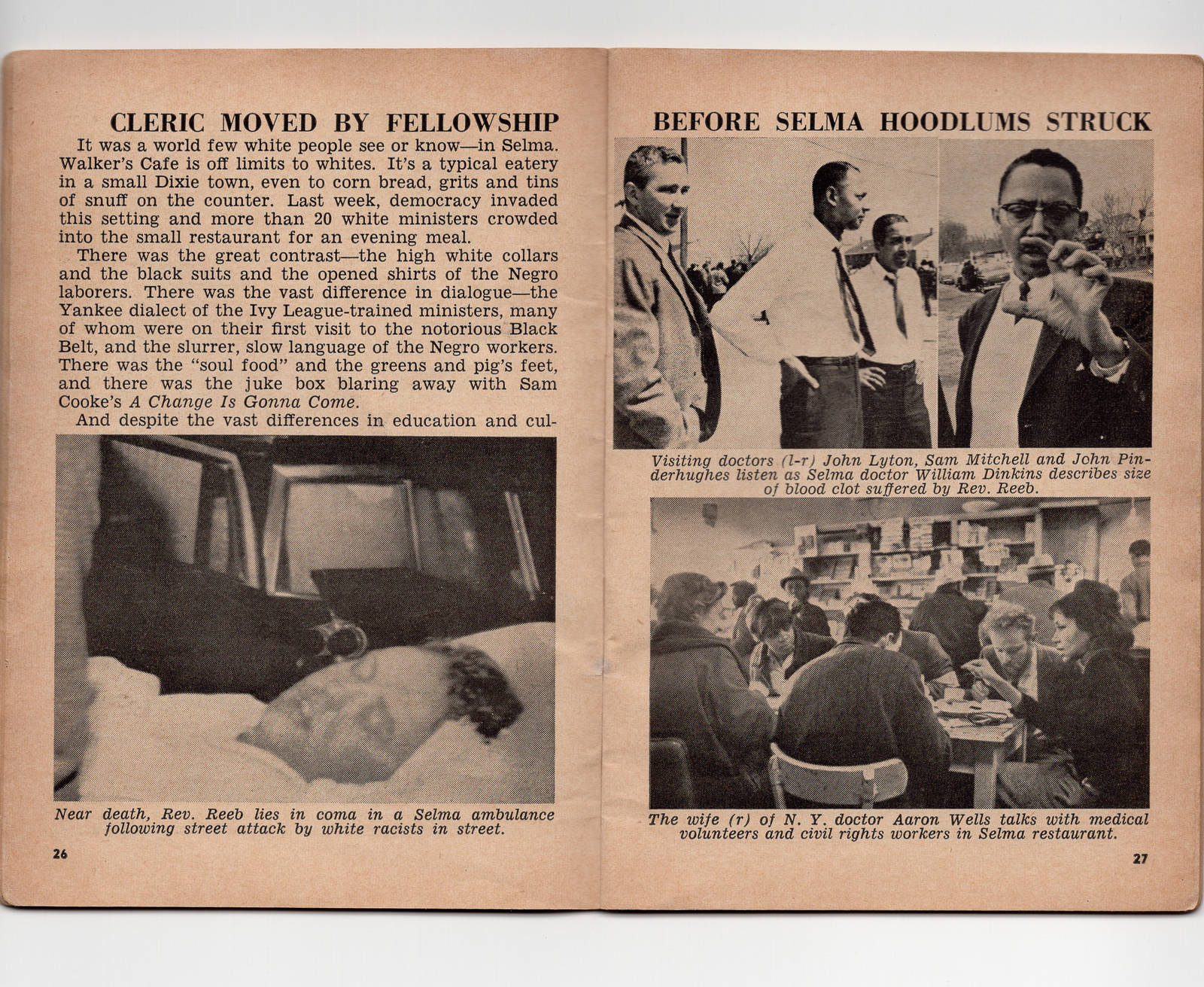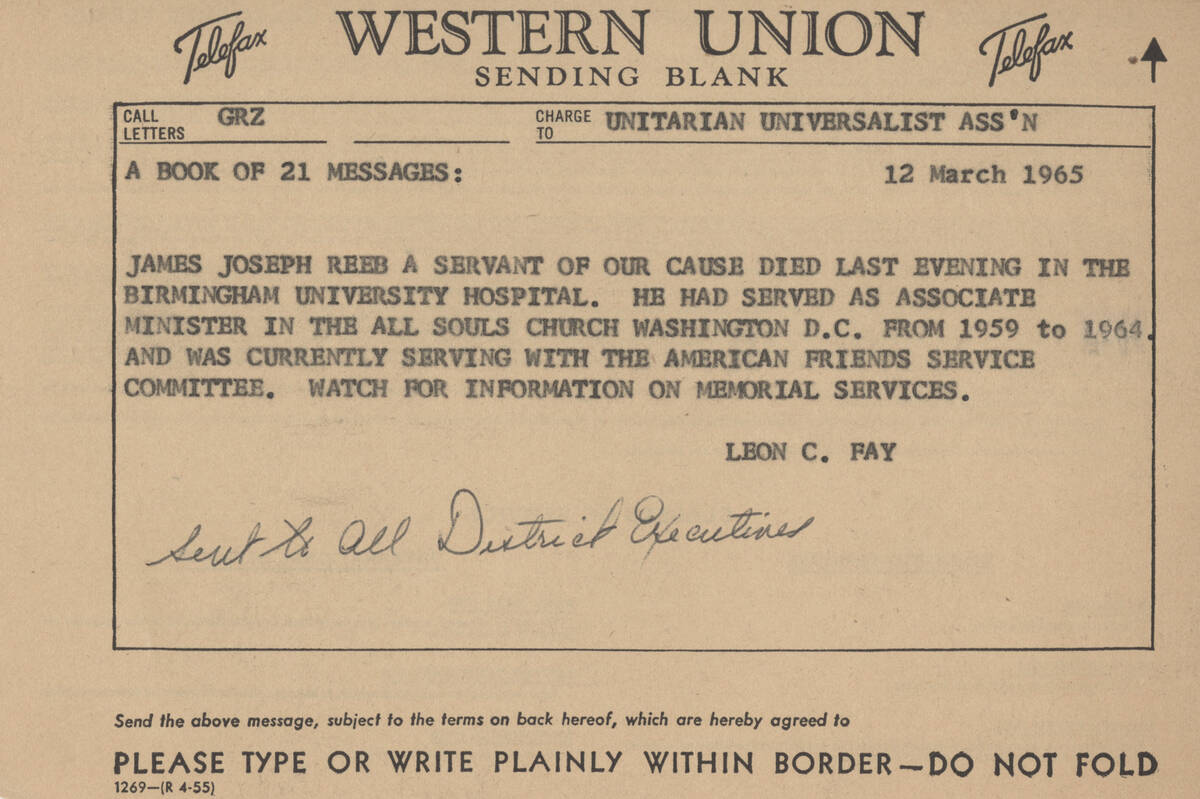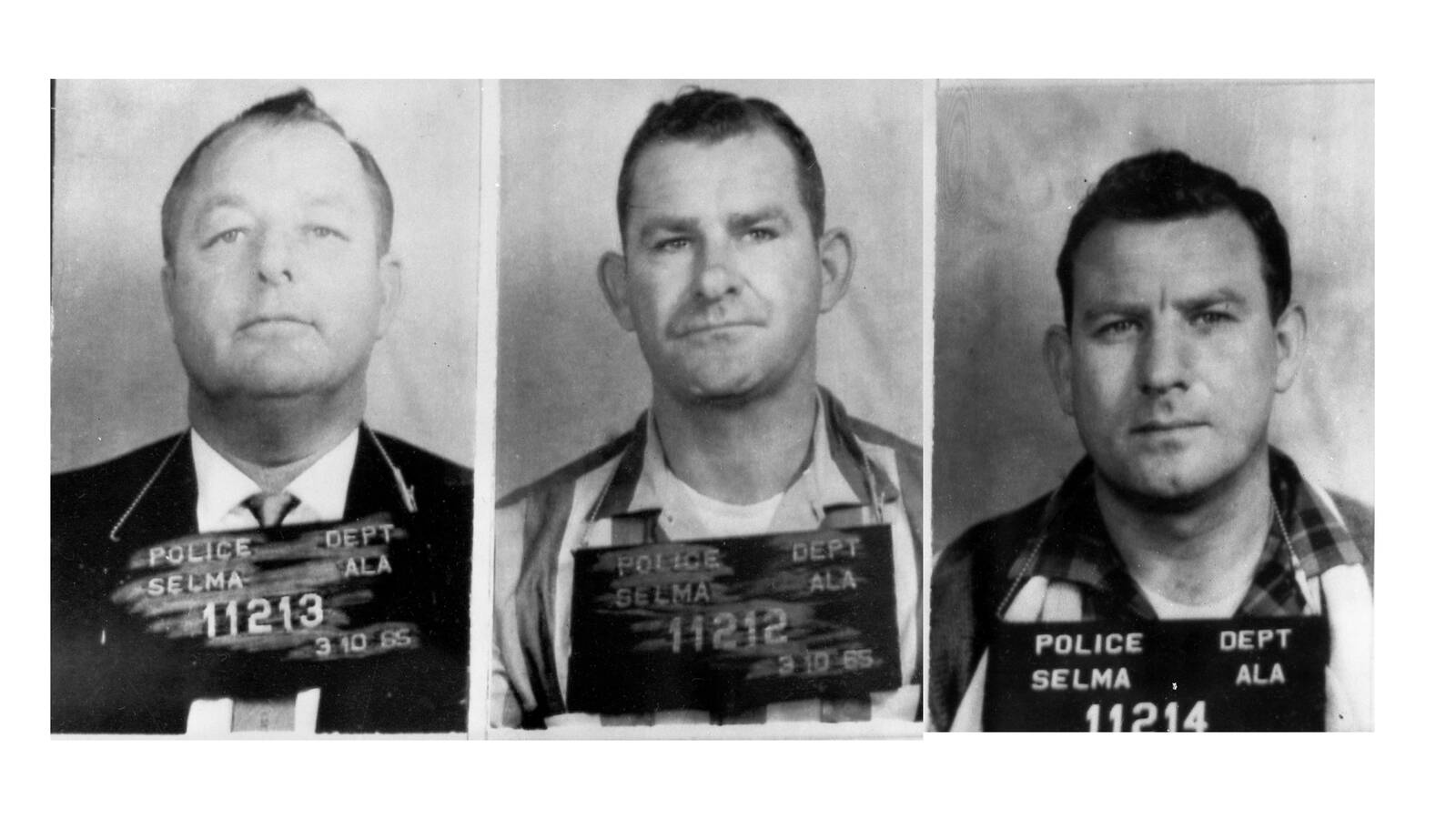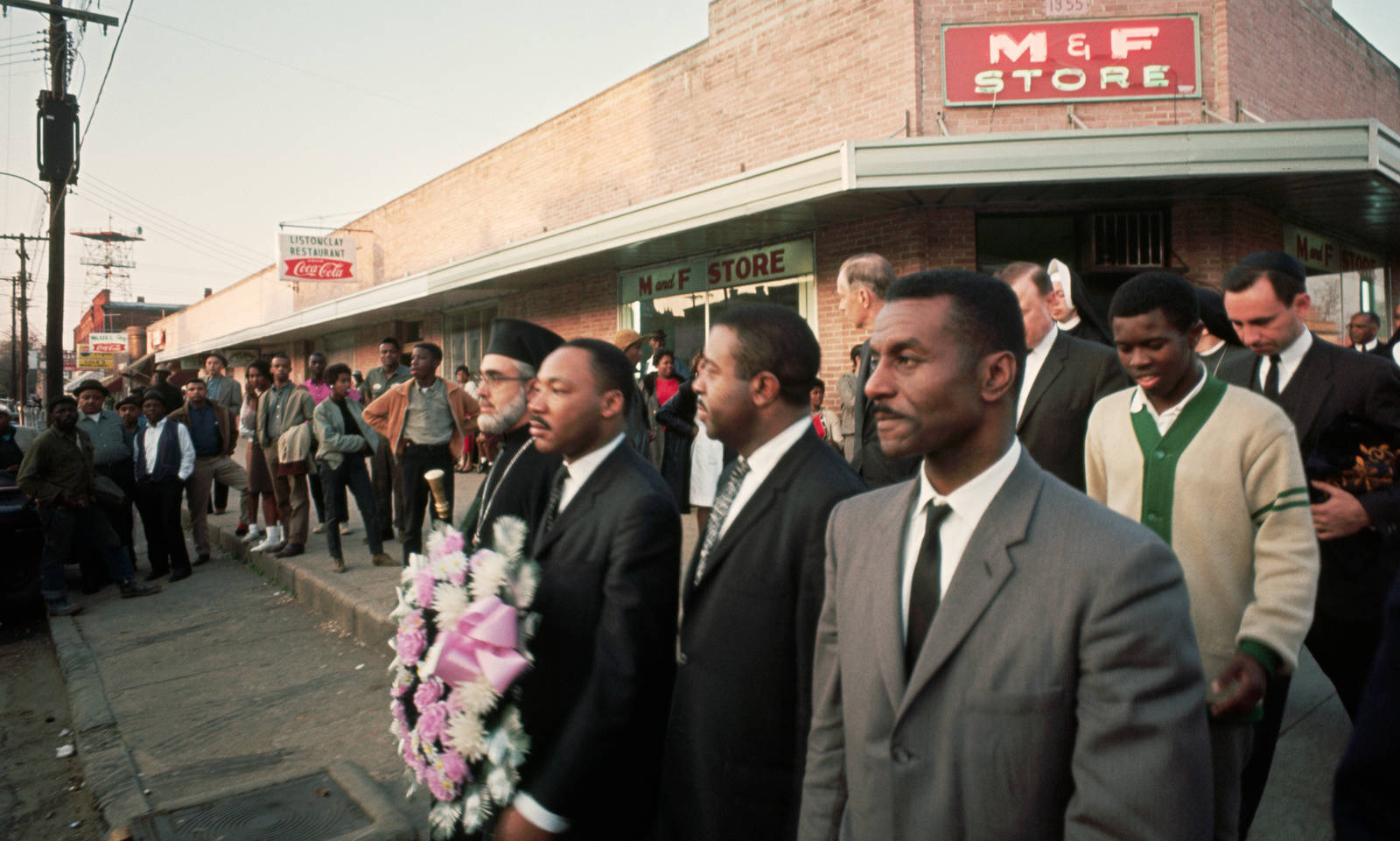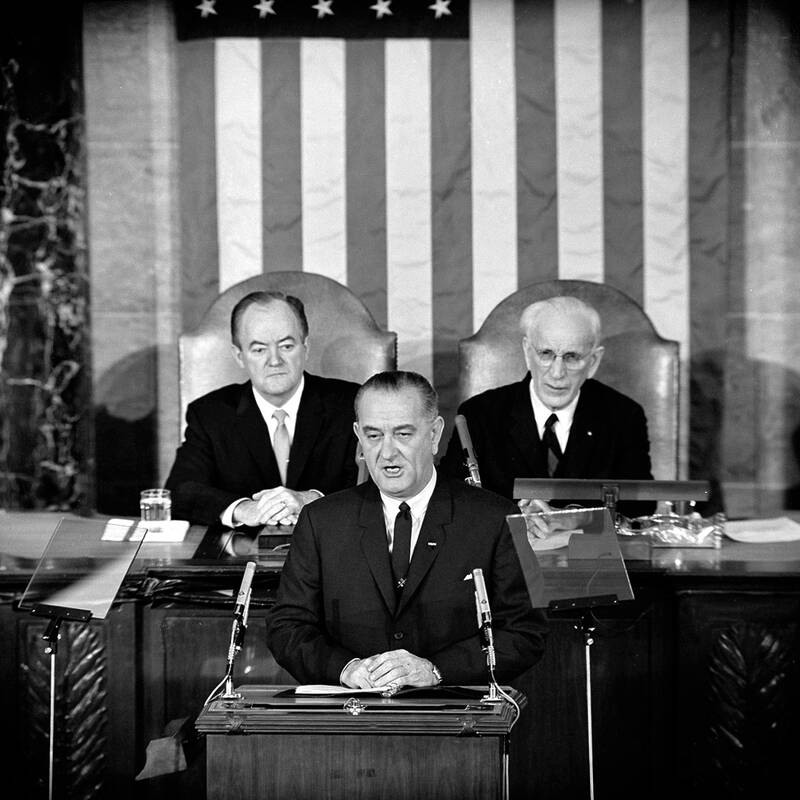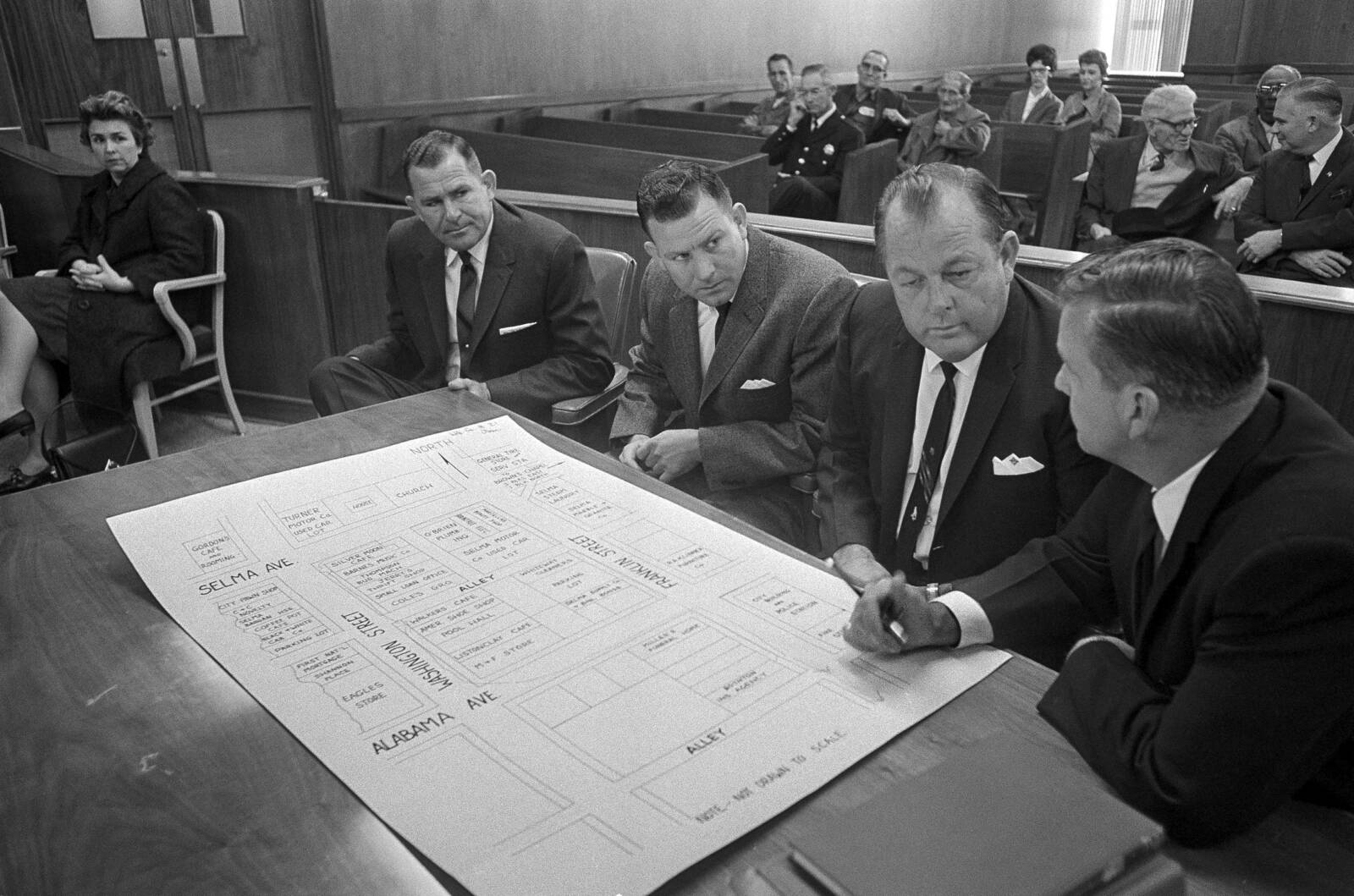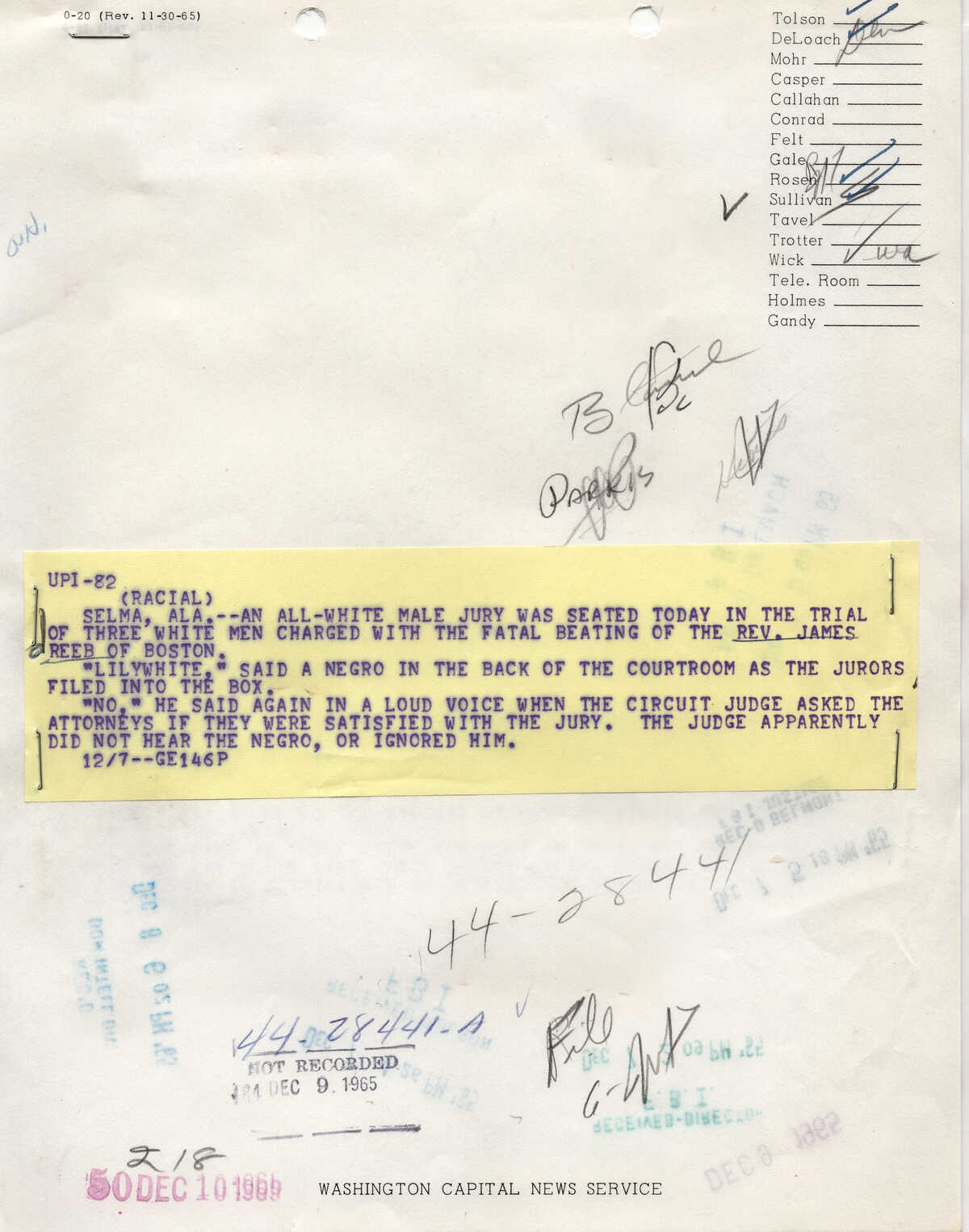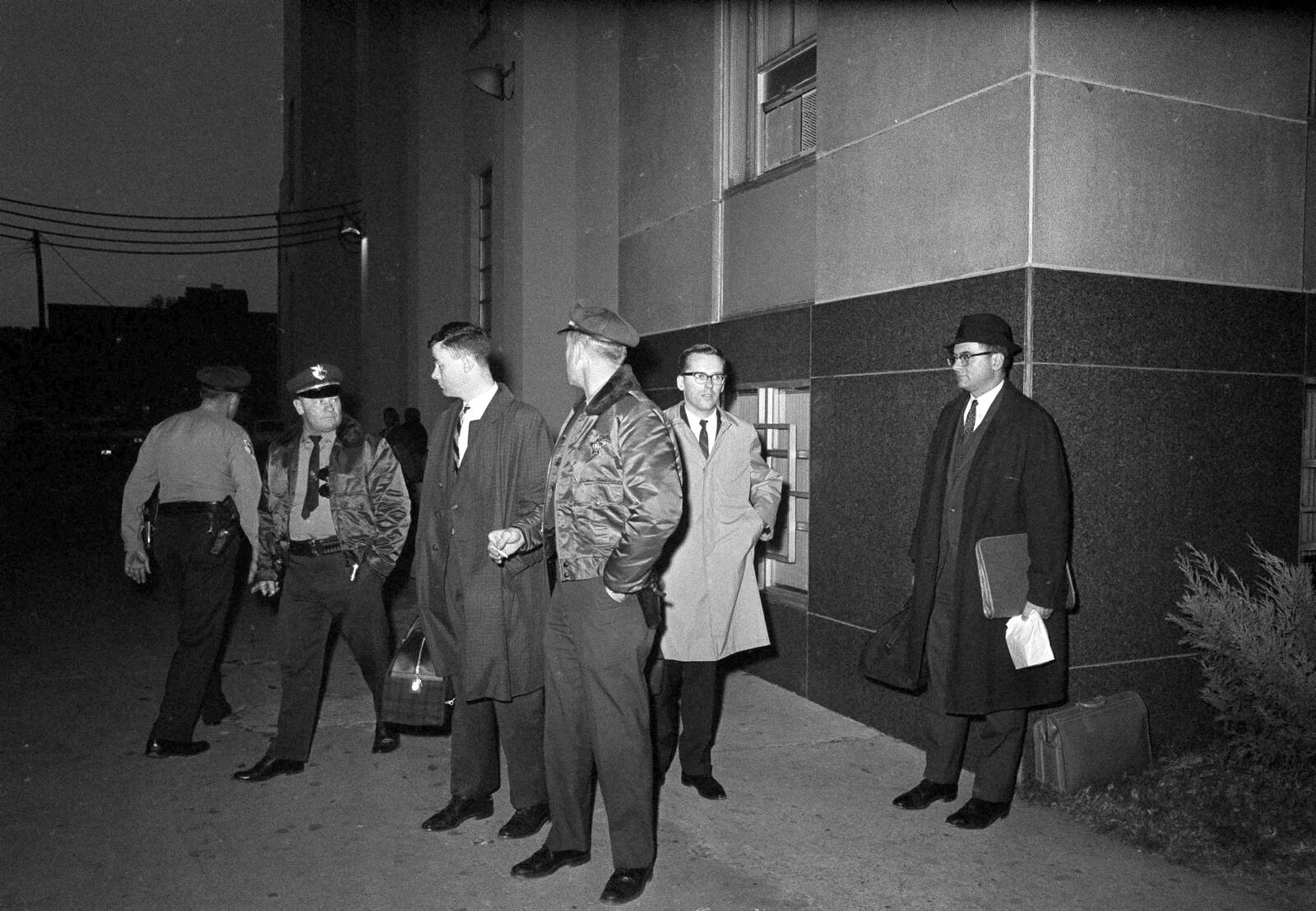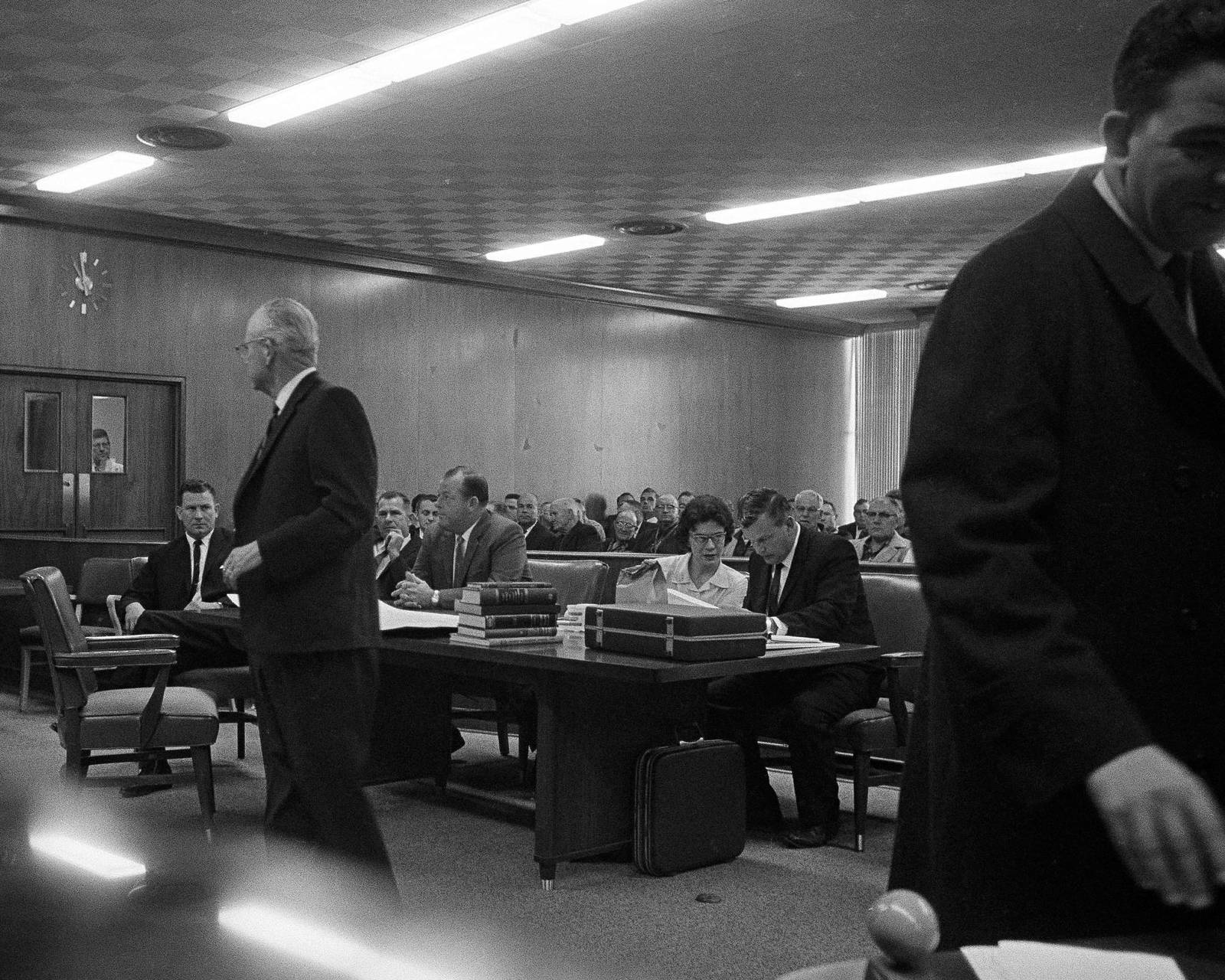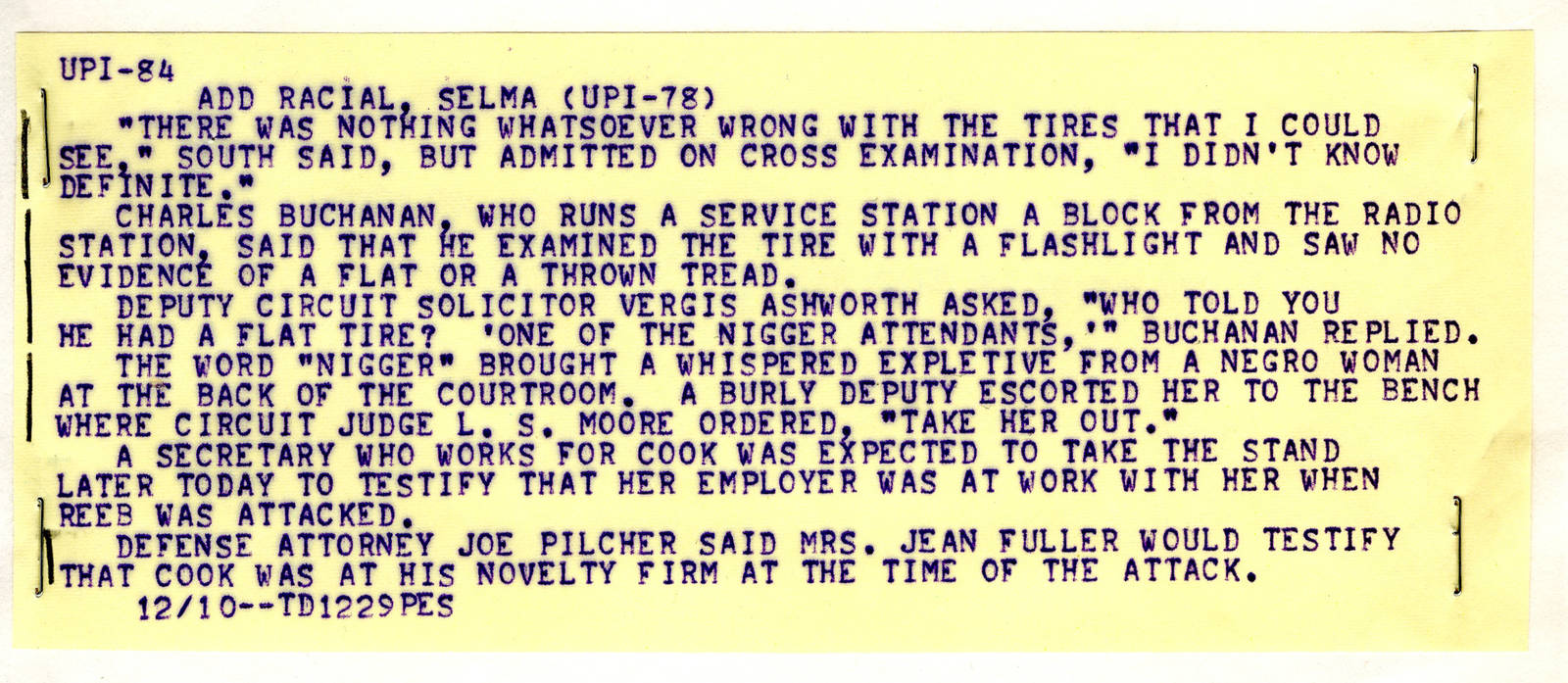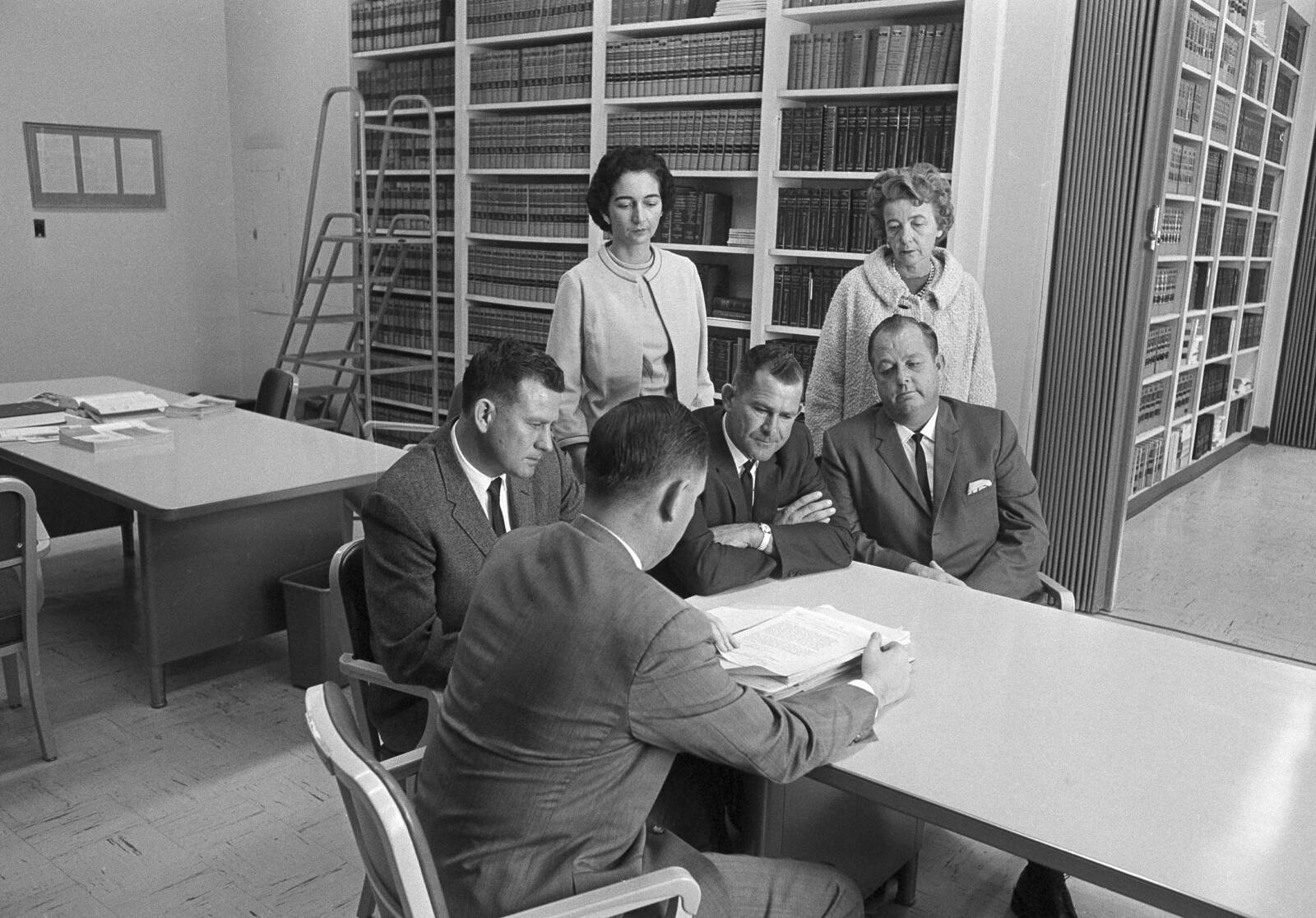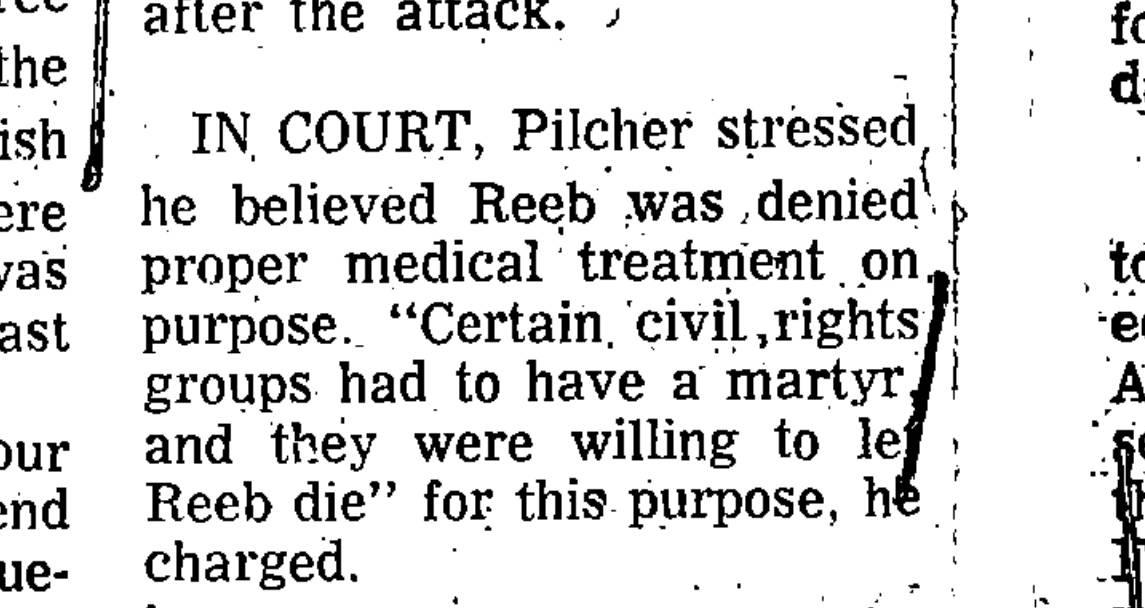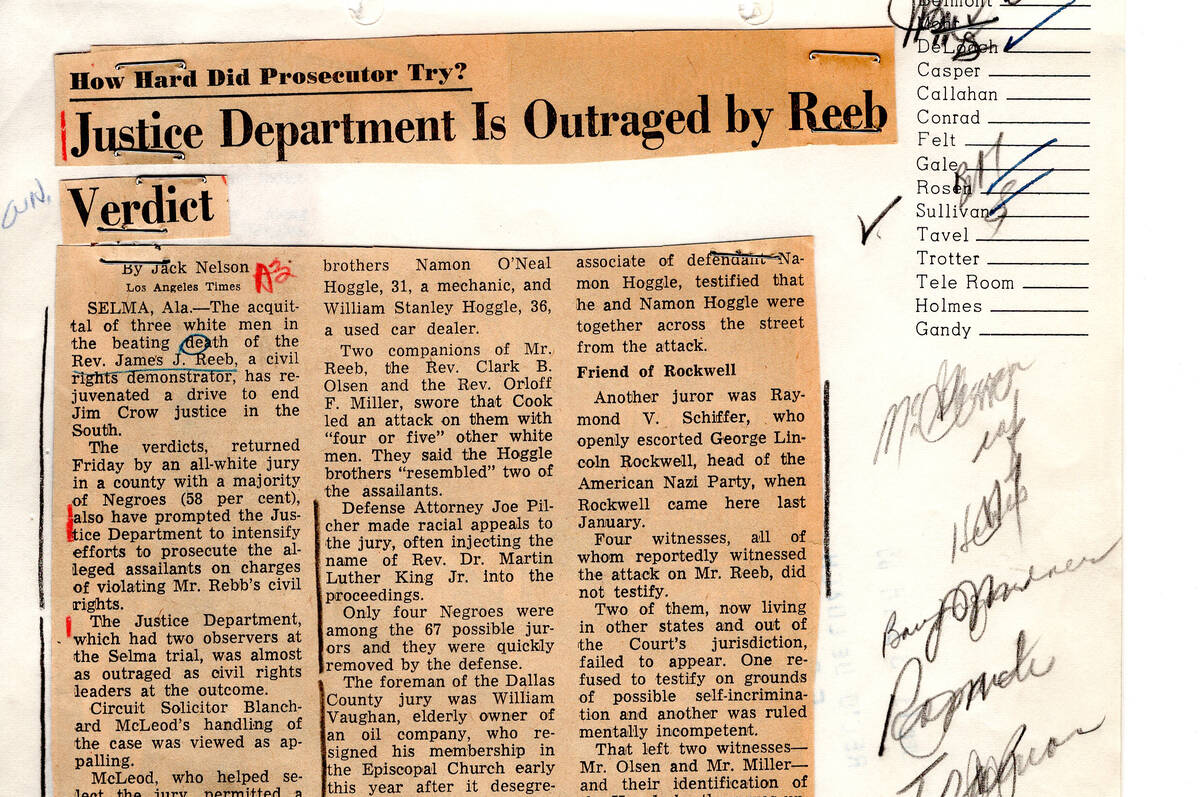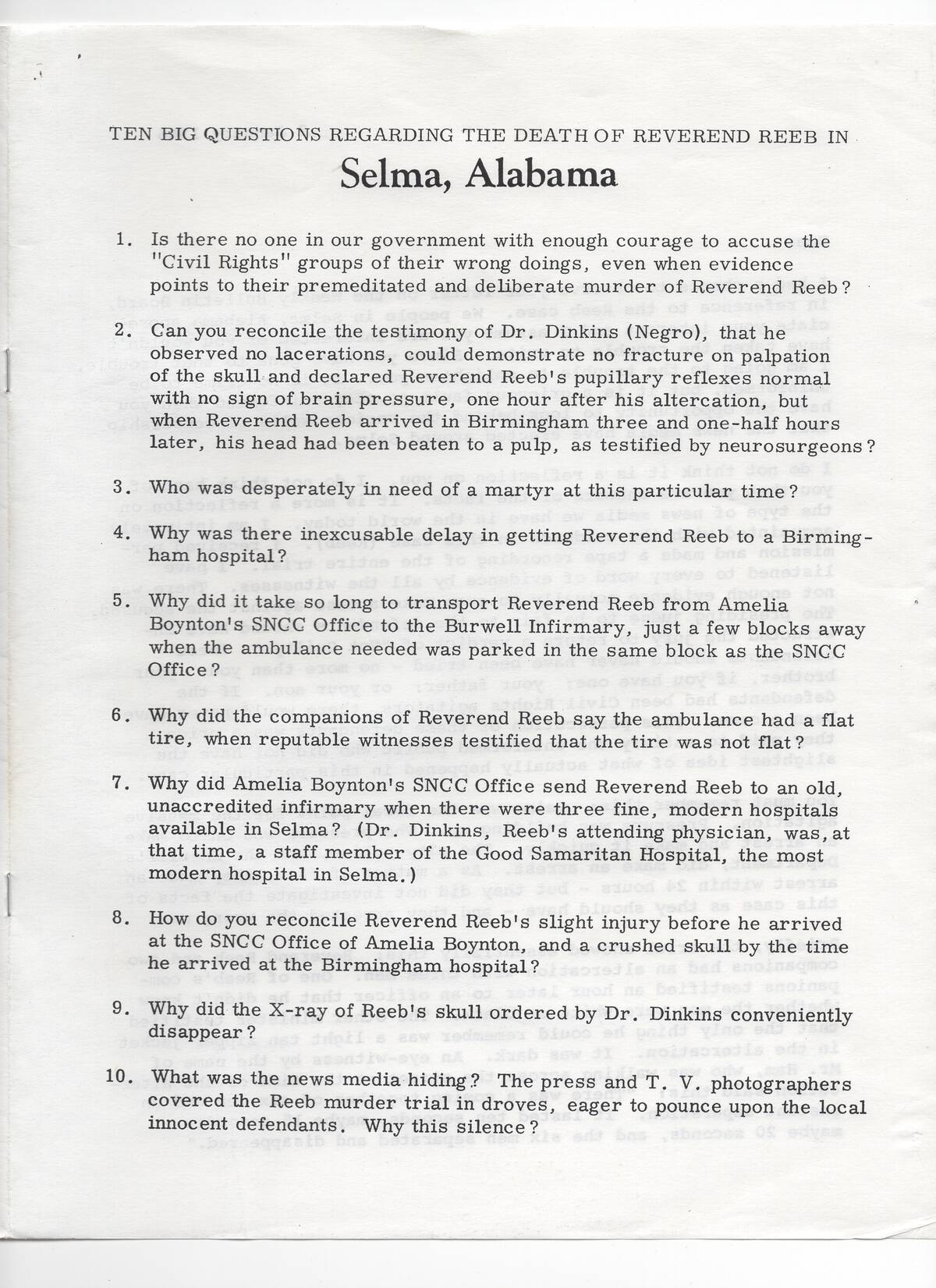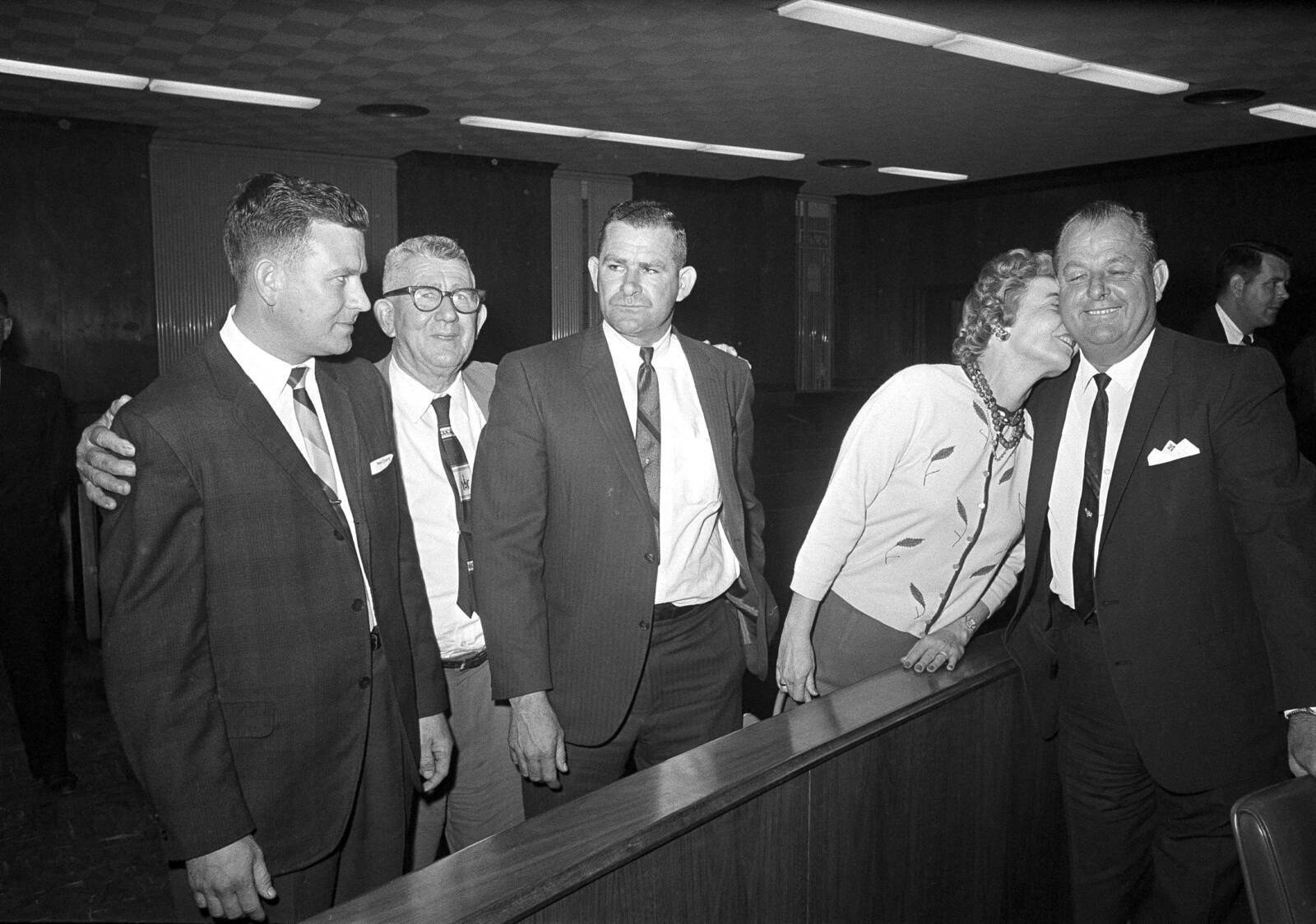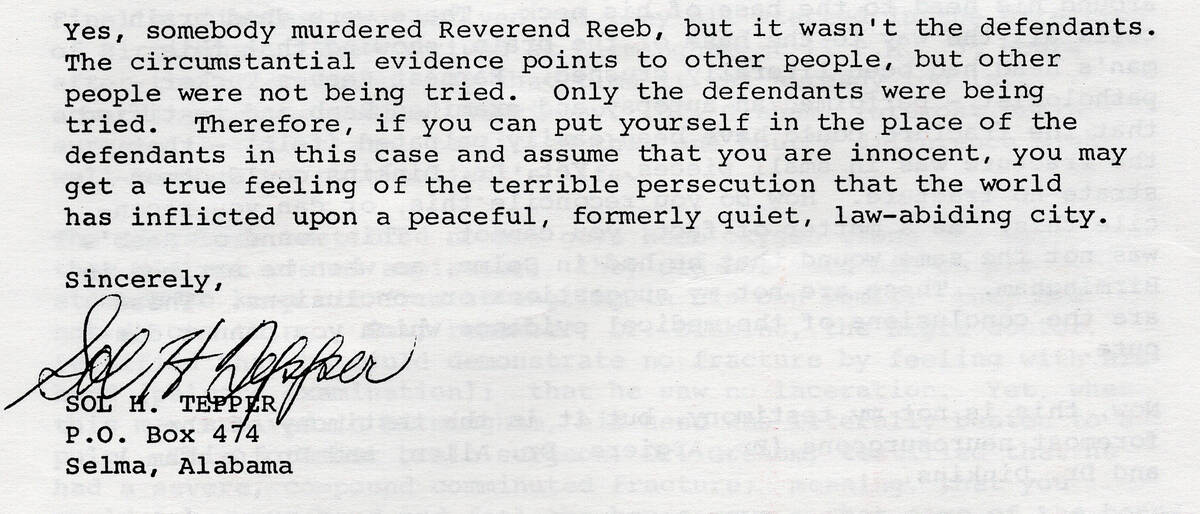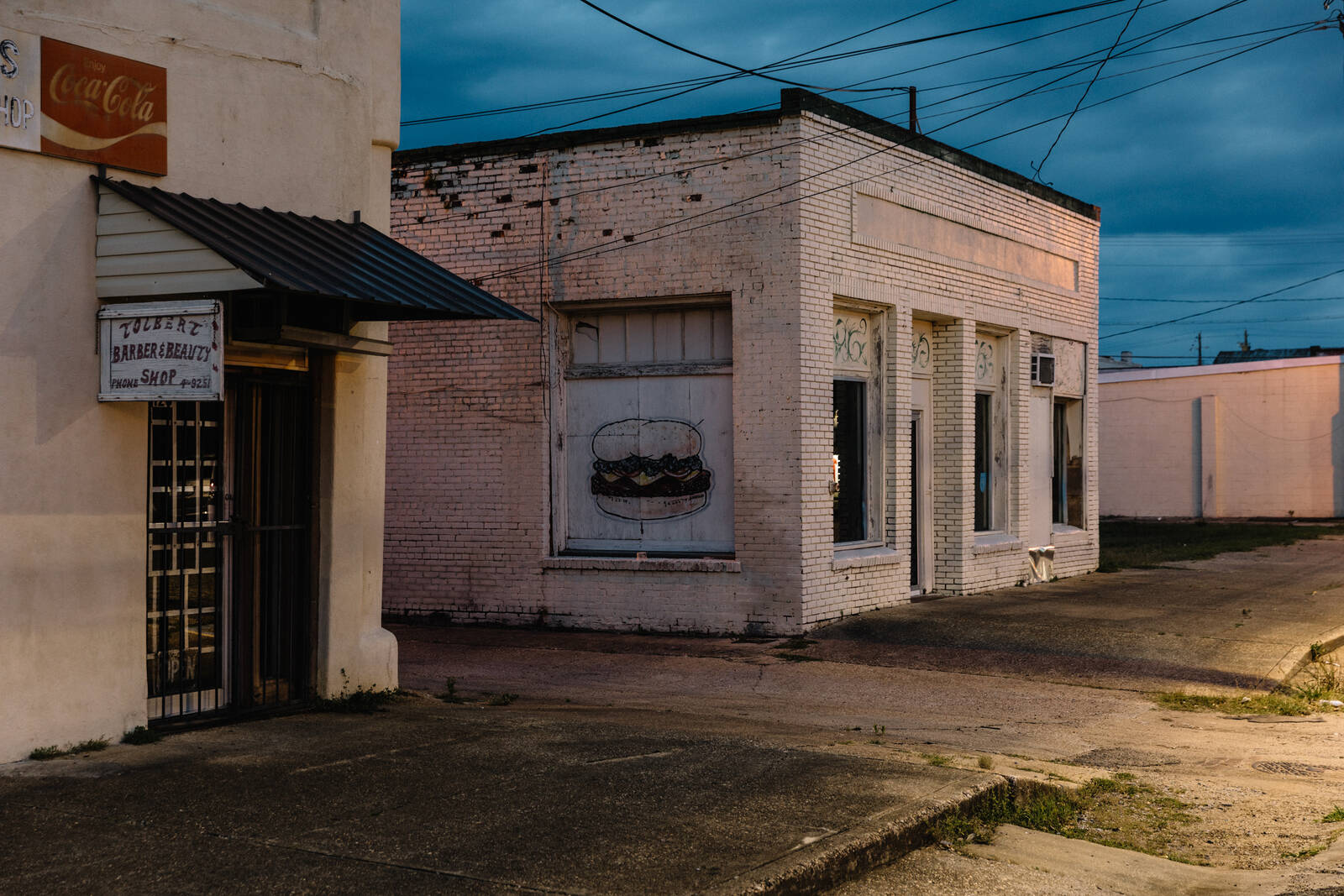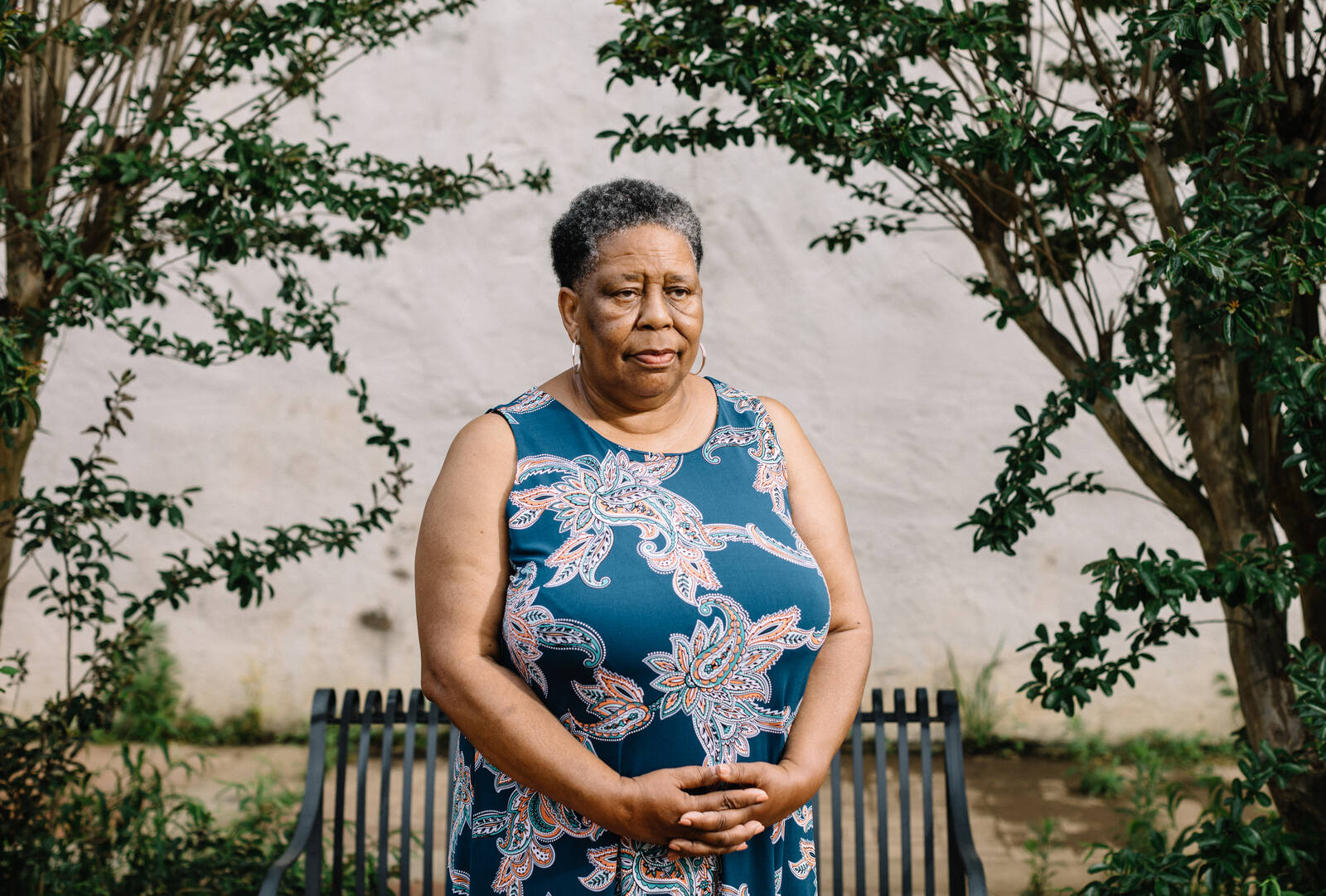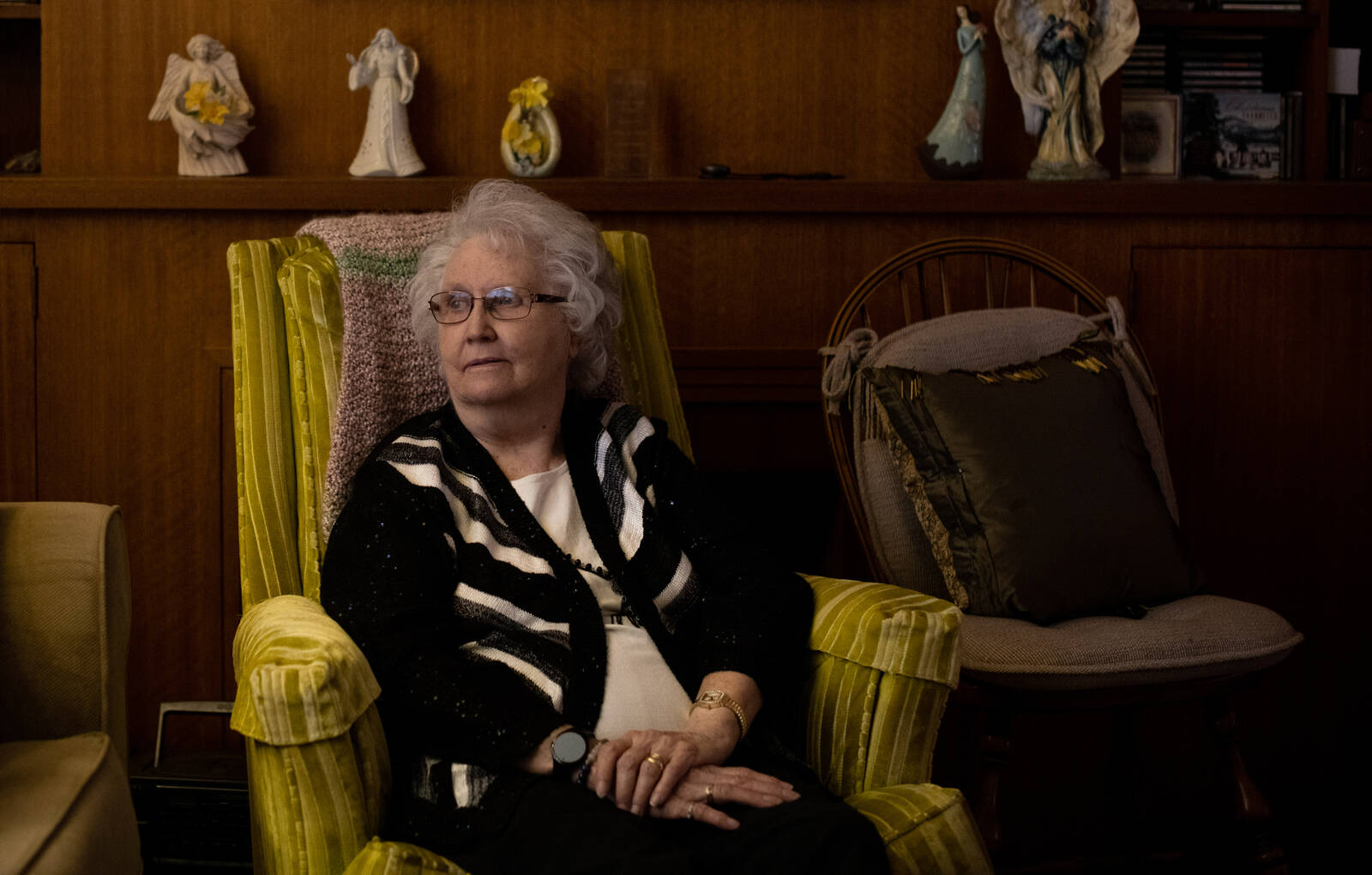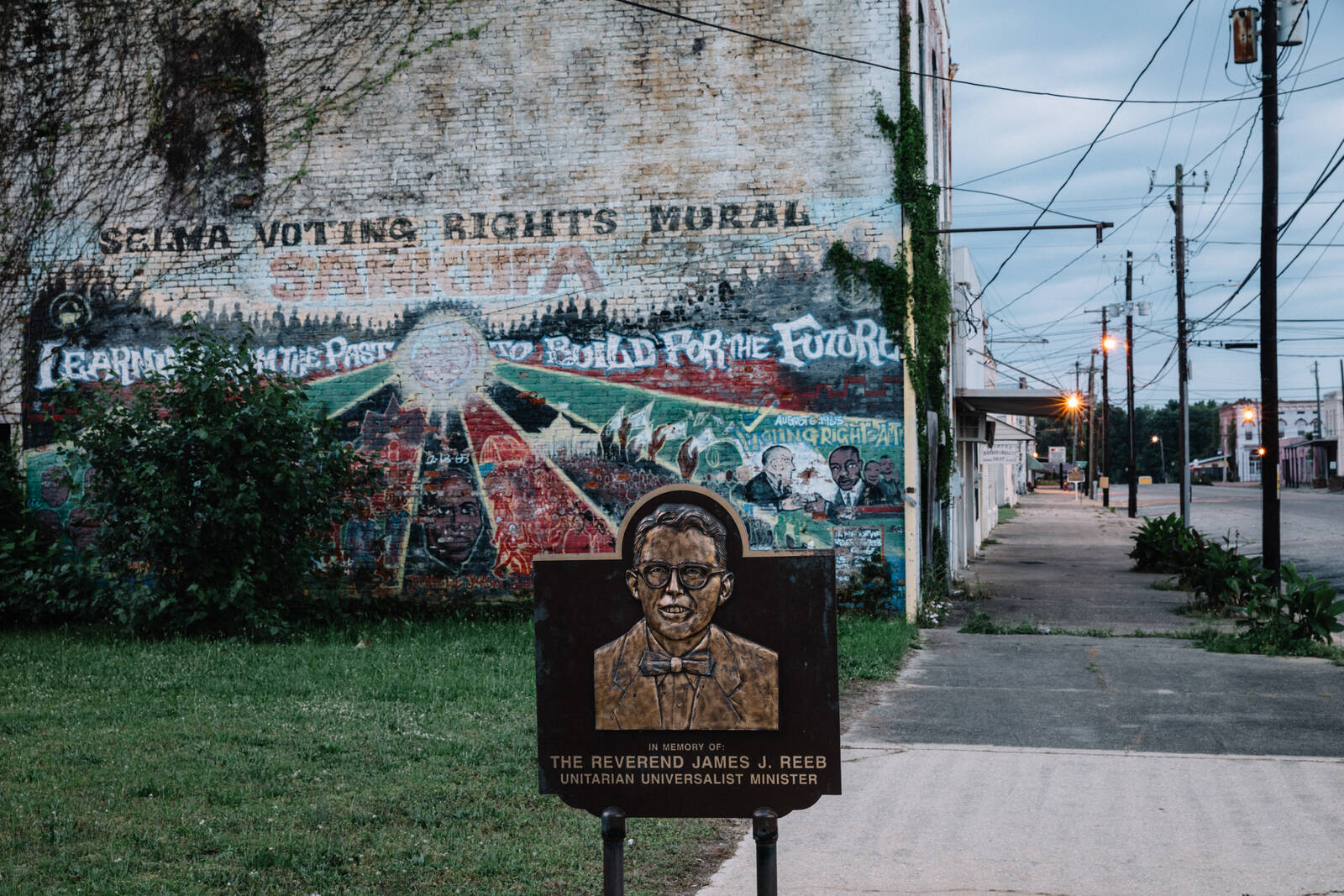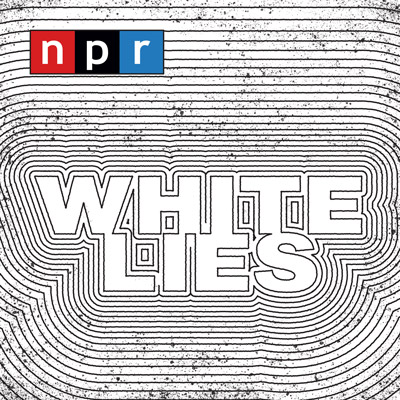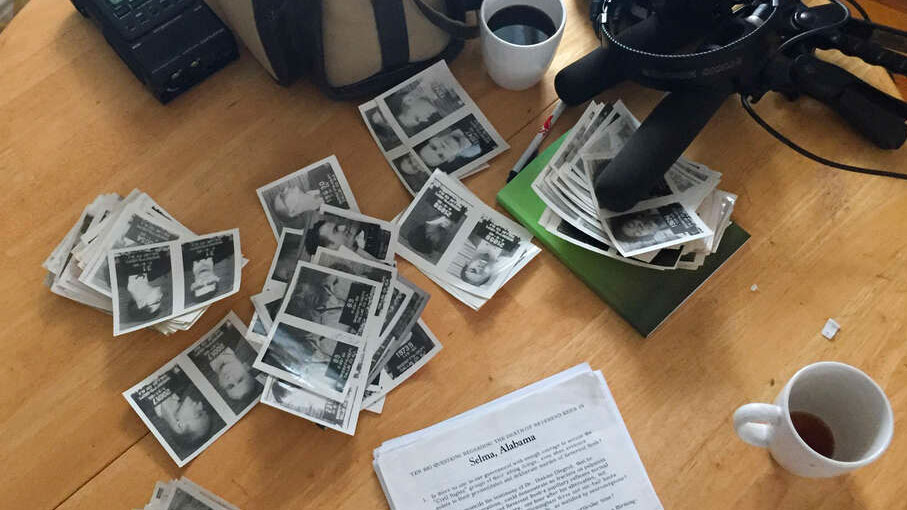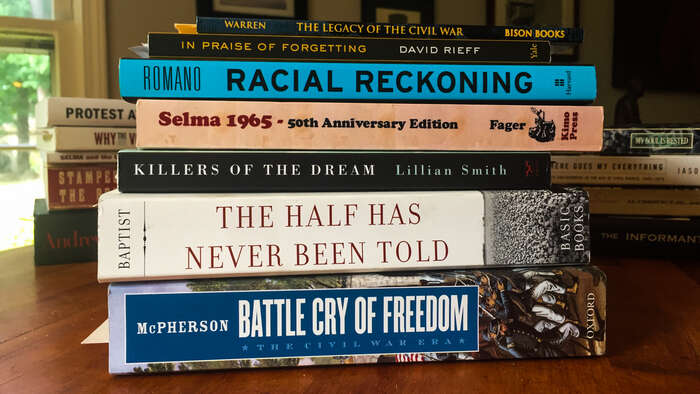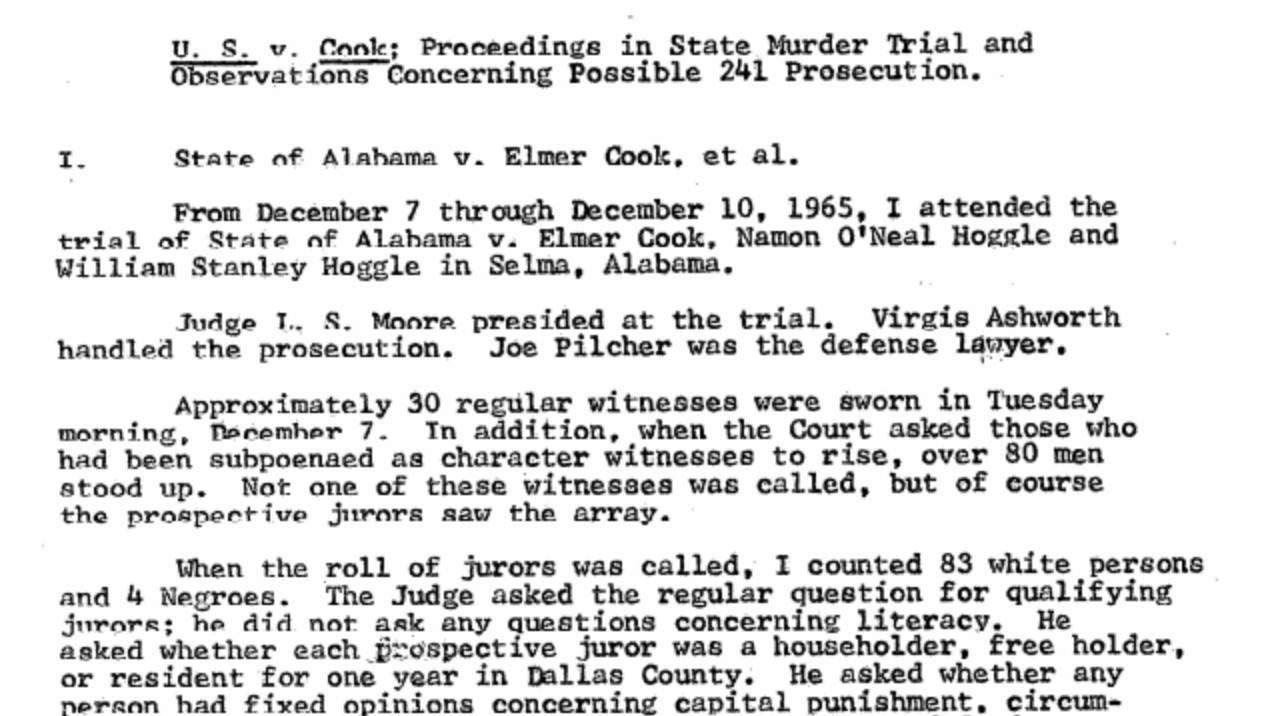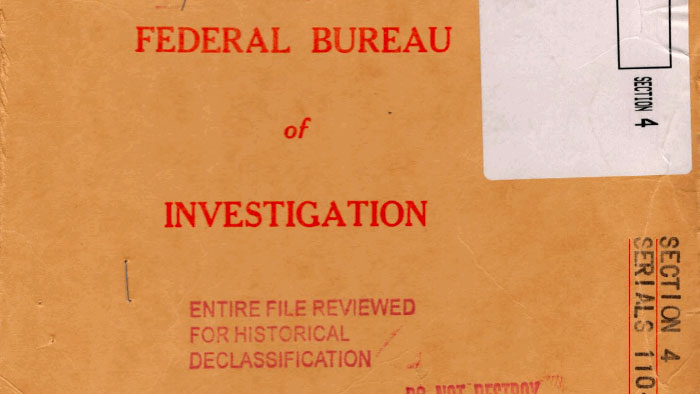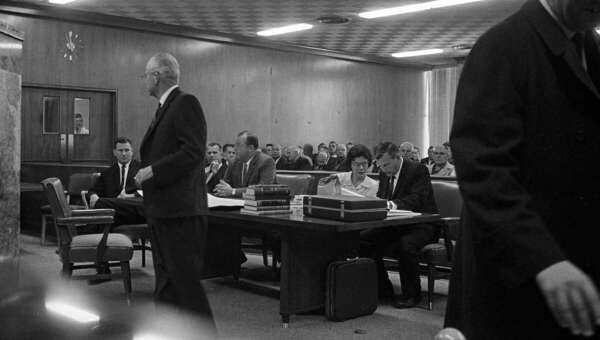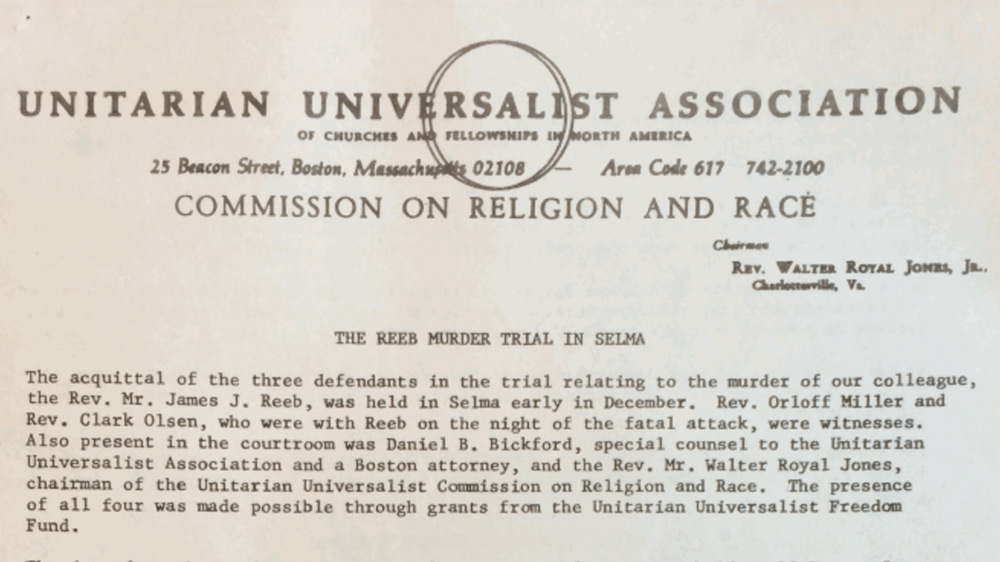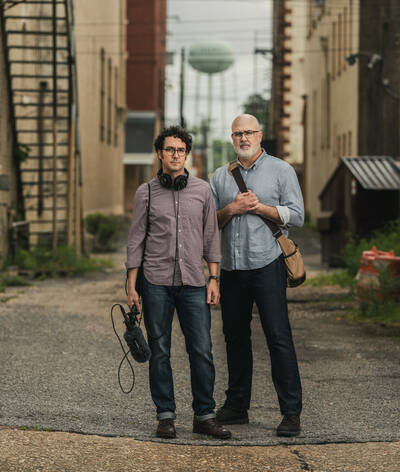This is the story of a murder at the center of the civil rights movement and the lies that kept it from being solved. It’s an event that rippled far beyond the time and place where it happened, sparking national outrage and galvanizing support for one of the most significant laws of the 20th century.
This narrative uses audio and documents recorded and printed in 1965. Some images may be disturbing. We’ve chosen not to censor offensive language.
Selma, 1965
On March 7, 1965, James Reeb, a white Unitarian minister living in Boston, watched the evening news coverage of Bloody Sunday with his wife, Marie.
That day, hundreds of African Americans had gathered in Selma to march to the state capital and demand the right to vote.
They made it just over the Edmund Pettus Bridge before Alabama state troopers confronted them.
Interviewed in January 2018, recalling Bloody Sunday
They were just beating people. People were just screaming and screaming. People lay everywhere bleeding, not moving. I thought they were dead. The last thing I remember is seeing this horse and this lady and I don’t know what happened. Did he hit her and she fell? Did the horse just run over her? I do know, I could still hear the sound her head made when it hit that pavement.
When the Rev. Martin Luther King Jr. sent a telegram the next morning calling on clergy across the country to come to Selma, Reeb bought a plane ticket.
That evening, after he read his daughters a bedtime story, his wife drove him to the airport.
Civil rights activists were not welcome in Selma in 1965. Three weeks earlier, Jimmie Lee Jackson, an unarmed black man, had been shot by police in nearby Marion after a peaceful protest. The march to Montgomery that ended in Bloody Sunday was organized in response to his death.
And in late March, Ku Klux Klansmen would shoot and kill Viola Liuzzo, a white civil rights activist from Detroit.
Reeb arrived in Selma on Tuesday, March 9, with another white minister from Boston, Orloff Miller (left). They participated in a short march led by King and later met up with Clark Olsen (right), who had flown in from California.
Segregation was illegal by 1965, but black patrons and white supporters of the civil rights movement were still not welcome at many establishments in Selma.
So when it was time for dinner, the ministers went to Walker’s Cafe, a black-owned restaurant on Washington Street. Inside, the jukebox was playing what had become an anthem for the civil rights movement, Sam Cooke’s “A Change Is Gonna Come.”
After dinner, the three gathered to walk to a meeting at Brown Chapel AME Church, where King was expected to speak. They would never make it.
The Attack
Reeb, Olsen and Miller left Walker’s Cafe, turned right and walked northeast on Washington Street. This map from the FBI case file highlights their route.
Their walk took them toward the Silver Moon Cafe.
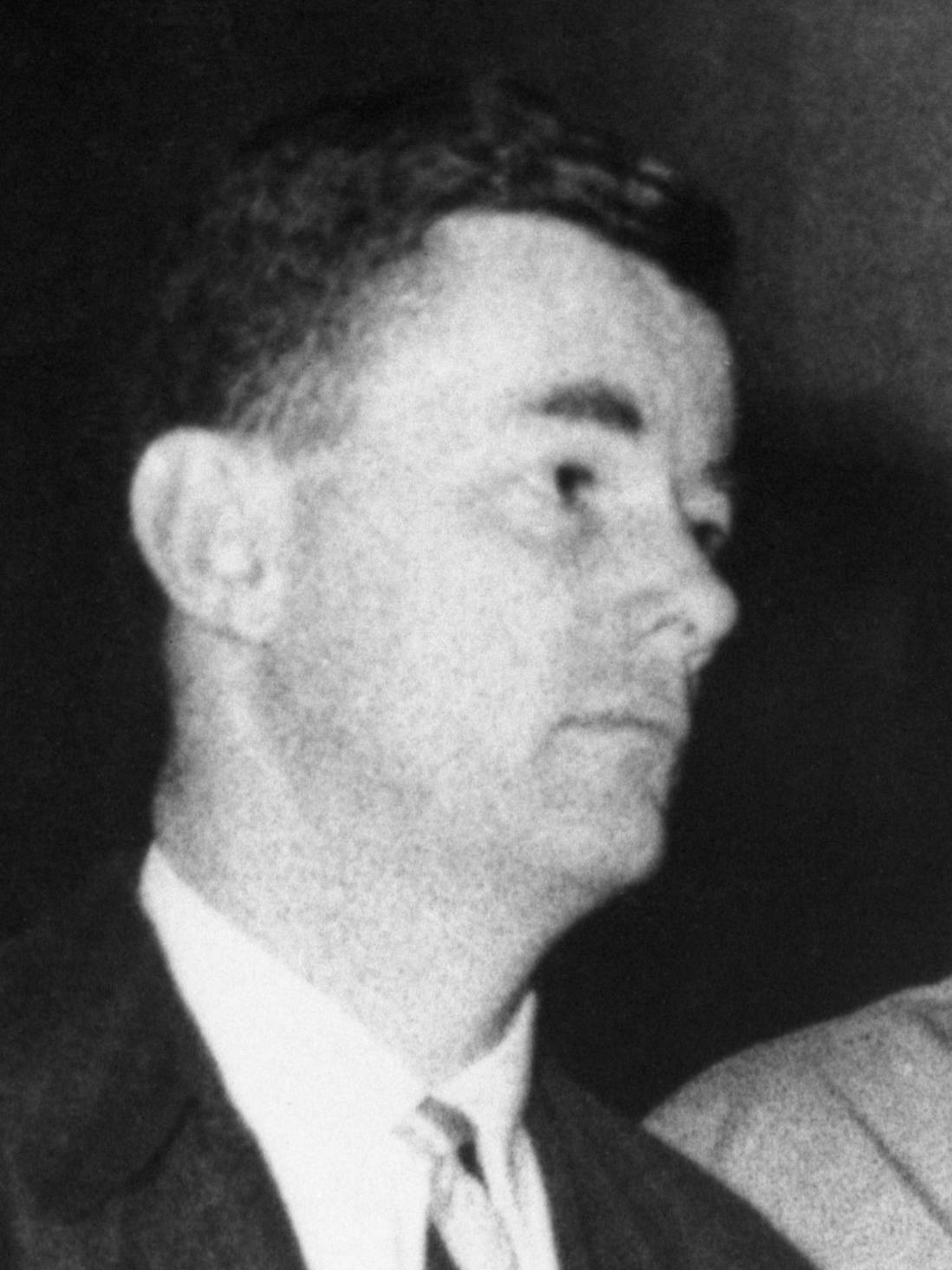 Rev. Orloff Miller
Interviewed in November 1985 for PBS’s Eyes on the Prize
Rev. Orloff Miller
Interviewed in November 1985 for PBS’s Eyes on the Prize
And as we started walking from across the street, there appeared four or five white men, and they yelled at us, “Hey, you niggers.” And we did not look across at them, but we just sort of quickened our pace, we didn’t run but, ah, continued walking in the same direction.
Reeb walked on the sidewalk closest to the street, just behind Olsen and Miller. As they approached the Silver Moon, Olsen glanced back and saw that the men who had yelled at them had caught up.
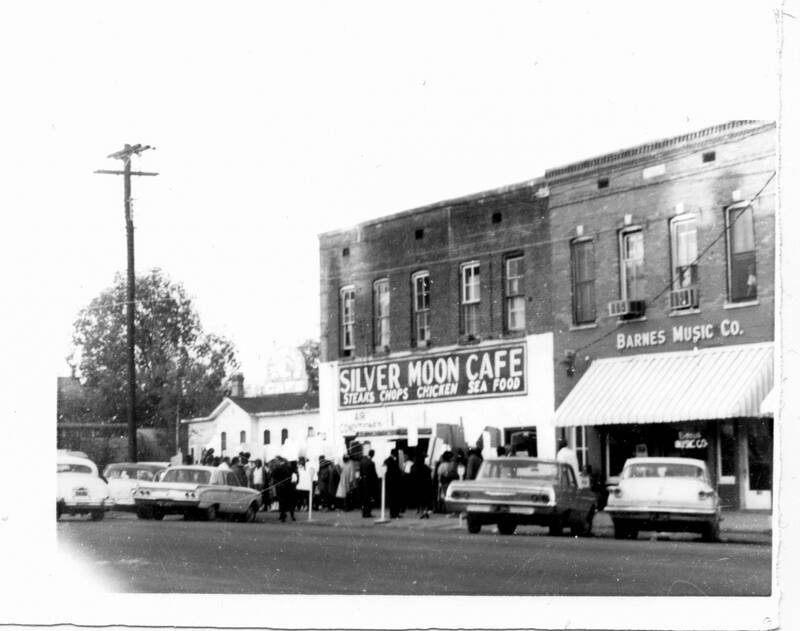
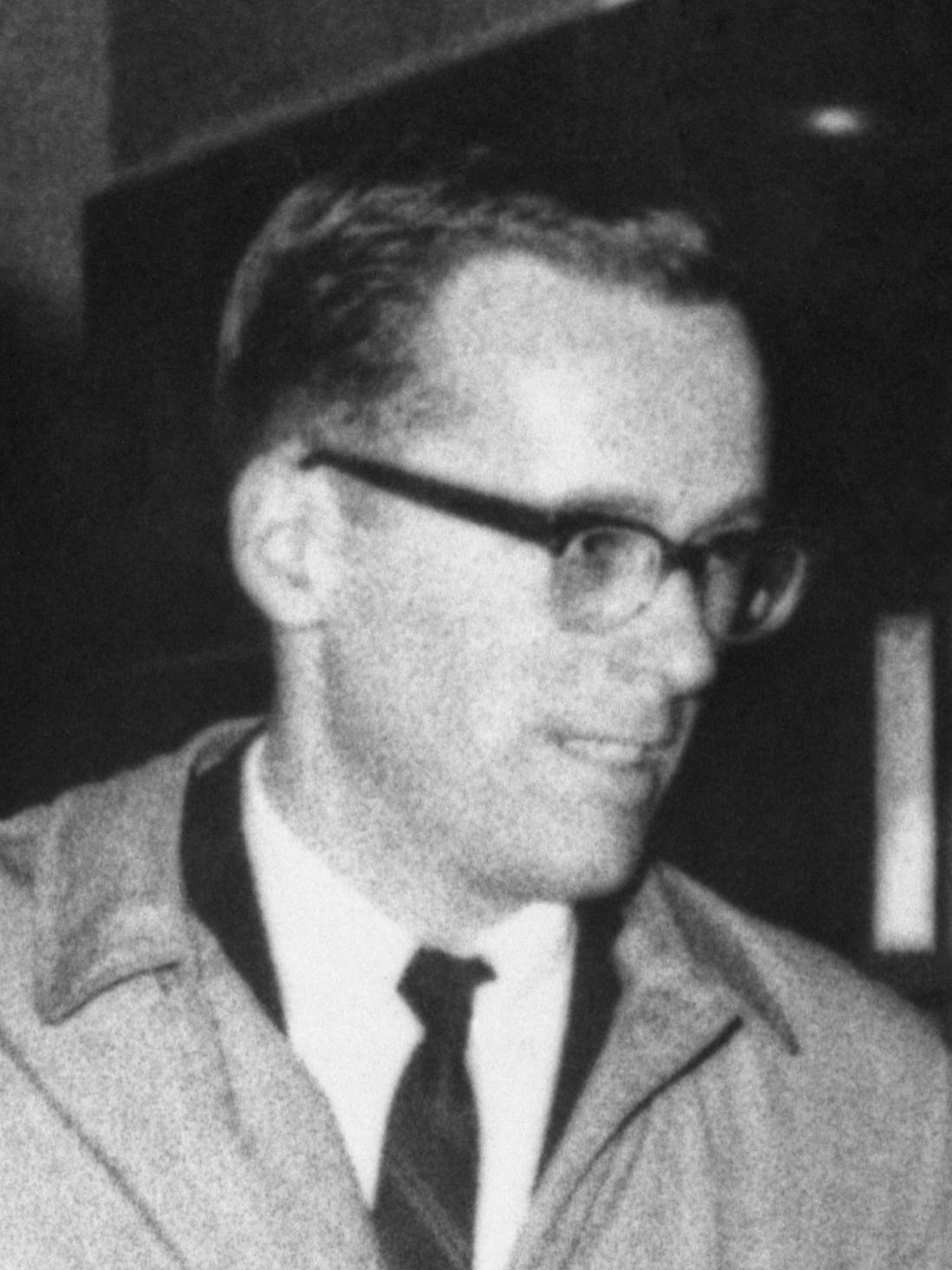 Rev. Clark Olsen
Interviewed in March 1965 by WATV
Rev. Clark Olsen
Interviewed in March 1965 by WATV
I did look around in time to see one man with some kind of a stick or a pipe or a club swing this, this stick, uh, violently at Jim Reeb. And he swung this stick and it hit Jim on the side of the head. And Jim immediately fell to the pavement on his back.
The attackers continued kicking Reeb and Miller, who had balled himself up on the ground for protection, and punched Olsen in the chest and face. Then Olsen and Miller helped Reeb, still conscious, to his feet and the three walked to the Boynton Insurance Agency, headquarters for one of the civil rights organizations, where they called an ambulance.
On the X-ray table at Burwell Infirmary, a black-owned clinic, Reeb lost consciousness. A doctor who examined him determined he needed a neurosurgeon. The closest one was in Birmingham, nearly two hours away.
A few miles outside Selma, the ambulance got a flat tire. The group doubled back toward Selma to call for a second ambulance.
Reeb arrived at Birmingham’s University Hospital 3 1/2 hours after he was attacked.
A neurosurgeon operated to remove an epidural hematoma, but it was too late. Reeb was put on life support.
He died two days after the attack. He was 38 years old.
An hour later, authorities charged three men with first-degree murder: Elmer Cook (from left), William Stanley Hoggle and Namon O’Neal Hoggle.
The following Monday, King gave the eulogy at a memorial service for Reeb in Selma.
The same day, President Lyndon B. Johnson invoked Reeb’s death in a speech that introduced what would become the Voting Rights Act of 1965. He signed it into law five months later.
March 15, 1965
Their cause must be our cause, too. Because it’s not just Negroes, but really it’s all of us who must overcome the crippling legacy of bigotry and injustice. And we shall overcome.
The Trial
Elmer Cook, William Stanley Hoggle and Namon O’Neal Hoggle went on trial for Reeb’s murder in December 1965.
Blanchard McLeod, who had been named in a Department of Justice lawsuit for suppressing attempts by African Americans to register to vote, headed up the prosecution.
He openly speculated that a conviction was unlikely, telling reporters he had a weak case against the defendants.
Clark Olsen and Orloff Miller were the only witnesses who testified for the prosecution. Both ministers identified Elmer Cook as one of the attackers.
Interviewed in December 2014
I looked around and I knew where the defendants were sitting, so I did say, ’He did it.’ But I remember feeling some fear that I’m standing in this Southern courtroom and I’m saying, ’You did it.’ And I’m being quote protected by sheriff’s deputies. That fear didn’t go away for years.
The defense team lined up 150 witnesses in support of the defendants.
Witnesses gave alibis for each of the accused. Another testified that he had checked Reeb’s ambulance and found no flat tire.
And in his closing argument, the defense attorney, Joe Pilcher, presented a theory: that the injuries Reeb sustained when he was attacked outside the Silver Moon weren’t enough to kill him.
The civil rights movement needed a white martyr, Pilcher told jurors. He argued that civil rights activists had delayed getting Reeb medical treatment and let him die — or killed Reeb themselves.
The all-white, all-male jury deliberated for 97 minutes before finding the defendants not guilty.
A Lie Takes Root
A few weeks after the trial, Sol Tepper, a leader of Selma’s all-white Citizens Council and an outspoken segregationist, distributed a seven-page letter amplifying Pilcher’s closing argument.
The letter promulgated the theory that the true villain was the civil rights movement itself.
Tepper crafted it to absolve Reeb’s attackers and the people who lied to protect them.
That lie took root in 1965.
When NPR returned to investigate the case more than 50 years later, we found that the lie was still alive.
“The stories that went flying around …”
“Anything that happens, there’s always a second story.”
“Say, ’Oh yeah he really wasn’t — it was the bad doctors.’ Or something like that?”
“Well you know, did he hit his head on the pavement?”
“Slow ambulances to Birmingham …”
“I think they killed a man on the way to Birmingham. I just always will believe it.”
And we talked to people still living with the consequences.
Interviewed in January 2018
The pain that their lies and actions caused, the pain you inflict is still there. It’s like a tree with branches. That if you cut off one branch, don’t mean the damn tree gon’ die. It just gonna grow another branch. We need to find the root of all this.
Interviewed May 6, 2018
Well, of course I was hoping that, you know, with both Clark and Orloff being right there and being witnesses to the attack, that, you know, justice would be served. And of course it wasn’t.
The Department of Justice reopened the James Reeb case in 2008 and closed it in 2011. Its Notice To Close File report states, “this matter lacks prosecutive merit and should be closed.” To this day, no one has ever been held accountable for Reeb’s murder.
More than 50 years after the attack, NPR returned to Selma. We wanted to know why the truth about this murder had been so obscured and why so many people were intent on keeping it that way.
To hear how we uncovered the lies and finally exposed the truth, listen to the White Lies podcast.

